McKenzi Bergmoser
-
Posts
37 -
Joined
-
Last visited
-
Days Won
1
Content Type
Profiles
Forums
Gallery
Downloads
Blogs
Calendar
Articles
Posts posted by McKenzi Bergmoser
-
-
-
-
-
SEASONAL INVASIVE SPECIES TECHNICIAN POSITION
Posted 7/19/2021
Position: A seasonal invasive species technician is being sought to implement monitoring, treatment, and outreach activities of Six Rivers Land Conservancy (SRLC). Additional activities include work performed for the Lake St. Clair Cooperative Invasive Species Management Area (LSC CISMA).
Pay Rate, Starting Date and Work Schedule: Compensation will be $13-$15/hour, commensurate with education and work experience. Anticipated start date is August 2, 2021. Work week will be 30-40 hours, Monday – Friday as funding and seasonal work permits. The Technician position is anticipated to run through November 2021. Mileage reimbursement may be applicable for specific work activities. Occasional evening or weekend hours may be necessary. Continued employment is contingent on securing additional funding.
Work Location: The Seasonal Technician must work out of an assigned office location currently located at 4480 Orion Road in Rochester, MI. When not at the office, the Technician will perform field work throughout Oakland, Macomb, and St. Clair Counties or remotely from home. Occasional travel to other meeting locations including the offices of the Lake St. Clair CISMA in Mount Clemens, MI may be necessary. This position will primarily be responsible for field work, including mapping, monitoring, and treatment of invasive species, coordinating with private landowners, event preparation, implementation, and other outreach activities.
Overview: The Seasonal Technician position will be responsible for implementation of invasive species monitoring, treatment, training CISMA partners, landowner outreach, and other education efforts. The technician will be trained in common invasive species identifications, as well as Watch List species identification to increase early detection, rapid response capacity. A strong willingness to learn, work cooperatively with stakeholders, work independently, and educate the general public is necessary.
The Seasonal Technician is an employee of Six Rivers Land Conservancy. The Technician will also report to the LSC CISMA, as projects permit. The LSC CISMA is a partnership in Macomb and St. Clair counties working to cooperatively manage invasive species. This partnership includes over 20 local, county, state, and federal governments, and non-profit organizations.
Responsibilities:
Monitoring and Prevention
-
Use standardized monitoring protocols to map and monitor invasive species occurrences.
-
Distribute reported invasive species locations to Midwest Invasive Species Information System (MISIN) and other stakeholders.
-
Survey and map priority invasive species in road rights-of-way, regional trail systems, boat launches, drains,important natural areas, and other priority sources and vectors.
-
Learn priority, common, and Watch List invasive species information, including identification, inventory, reporting, safety and best management practices for treatments.
-
Participate in/assist with early detection/rapid response activities as necessary.
Outreach & Education
-
Assist with implementation of landowner outreach programs, including site visits.
-
Assist with implementation of existing invasive species initiatives when appropriate (e.g. Clean Drain Dry, Don't Move Firewood, etc.).
-
Assist with implementation of Six Rivers and LSC CISMA events, meetings, and trainings to benefit CISMA audiences, partners, and stakeholders.
Treatment
-
Assist with implementation of annual work-plan for invasive species treatment implementation and other related activities.
-
Ensure invasive species control is conducted according to best management practices, ensuring compliance with all local, state, and federal laws and regulations.
-
Assist with data analysis, report preparation, and permitting as needed.
Competencies
-
Data collection, organization, manipulation, interpretation, and entry.
-
Excellent communication skills, including giving presentations and writing reports.
-
Ability to recognize Michigan plant and animal species as required in order to implement monitoring and treatment activities.
-
Experience with the integrated pest management approach to invasive species management, including use of mechanical, cultural, and chemical methods as part of a management program.
-
Experience with Microsoft Office programs, database management, and ArcGIS software.
-
Willingness and ability to work flexible schedules including occasional evenings and weekends.
-
Ability to perform physical work, sometimes under adverse conditions or in inclement weather.
-
Ability to work independently.
-
Ability to lift, push, pull, or carry up to 50lbs over short distances.
Education and Experience
-
Possess or working toward a Bachelor's degree in a related field.
-
Proficiency in GPS/GIS and data management for inventory, treatment, monitoring, and reporting.
-
At least one year of experience in conservation, non-profit management, natural resources management, or similar position.
-
Possess or willingness to obtain Michigan Commercial Pesticide Applicator Certification.
-
Technicians must possess and present a valid Michigan driver’s license (or be willing to obtain one) and a satisfactory driving record. Driving and criminal background checks will be completed.
-
Must possess or be willing to obtain Red Cross First Aid/CPR training
-
Must have reliable transportation and willingness to transport equipment.
------
To apply send a single PDF with resume, cover letter and a minimum of three references to McKenzi Waliczek at mwaliczek@sixriversrlc.org
Applications will be reviewed on a rolling basis until the position is filled.
Six Rivers Land Conservancy is an equal opportunity employer and program provider.
-
-
SEASONAL INVASIVE SPECIES TECHNICIAN POSITION
Posted 5/24/2021
Position: A seasonal invasive species technician is being sought to implement monitoring, treatment, and outreach activities of Six Rivers Land Conservancy (SRLC). Additional activities include work performed for the Lake St. Clair Cooperative Invasive Species Management Area (LSC CISMA).
Pay Rate, Starting Date and Work Schedule: Compensation will be $13-$15/hour, commensurate with education and work experience. Anticipated start date is June 1, 2021. Work week will be 30-40 hours, Monday – Friday as funding and seasonal work permits. The Technician position is anticipated to run through November 2021. Mileage reimbursement may be applicable for specific work activities. Occasional evening or weekend hours may be necessary. Continued employment is contingent on securing additional funding.
Work Location: The Seasonal Technician must work out of an assigned office location currently located at 4480 Orion Road in Rochester, MI. When not at the office, the Technician will perform field work throughout Oakland, Macomb, and St. Clair Counties or remotely from home. Occasional travel to other meeting locations including the offices of the Lake St. Clair CISMA in Mount Clemens, MI may be necessary. This position will primarily be responsible for field work, including mapping, monitoring, and treatment of invasive species, coordinating with private landowners, event preparation, implementation, and other outreach activities.
Overview: The Seasonal Technician position will be responsible for implementation of invasive species monitoring, treatment, training CISMA partners, landowner outreach, and other education efforts. The technician will be trained in common invasive species identifications, as well as Watch List species identification to increase early detection, rapid response capacity. A strong willingness to learn, work cooperatively with stakeholders, work independently, and educate the general public is necessary.
The Seasonal Technician is an employee of Six Rivers Land Conservancy. The Technician will also report to the LSC CISMA, as projects permit. The LSC CISMA is a partnership in Macomb and St. Clair counties working to cooperatively manage invasive species. This partnership includes over 20 local, county, state, and federal governments, and non-profit organizations.
Responsibilities:
Monitoring and Prevention
-
Use standardized monitoring protocols to map and monitor invasive species occurrences.
-
Distribute reported invasive species locations to Midwest Invasive Species Information System (MISIN) and other stakeholders.
-
Survey and map priority invasive species in road rights-of-way, regional trail systems, boat launches, drains,important natural areas, and other priority sources and vectors.
-
Learn priority, common, and Watch List invasive species information, including identification, inventory, reporting, safety and best management practices for treatments.
-
Participate in/assist with early detection/rapid response activities as necessary.
Outreach & Education
-
Assist with implementation of landowner outreach programs, including site visits.
-
Assist with implementation of existing invasive species initiatives when appropriate (e.g. Clean Drain Dry, Don't Move Firewood, etc.).
-
Assist with implementation of Six Rivers and LSC CISMA events, meetings, and trainings to benefit CISMA audiences, partners, and stakeholders.
Treatment
-
Assist with implementation of annual work-plan for invasive species treatment implementation and other related activities.
-
Ensure invasive species control is conducted according to best management practices, ensuring compliance with all local, state, and federal laws and regulations.
-
Assist with data analysis, report preparation, and permitting as needed.
Competencies
-
Data collection, organization, manipulation, interpretation, and entry.
-
Excellent communication skills, including giving presentations and writing reports.
-
Ability to recognize Michigan plant and animal species as required in order to implement monitoring and treatment activities.
-
Experience with the integrated pest management approach to invasive species management, including use of mechanical, cultural, and chemical methods as part of a management program.
-
Experience with Microsoft Office programs, database management, and Arc GIS software.
-
Willingness and ability to work flexible schedules including occasional evenings and weekends.
-
Ability to perform physical work, sometimes under adverse conditions or in inclement weather.
-
Ability to work independently.
-
Ability to lift, push, pull, or carry up to 50lbs over short distances.
Education and Experience
-
Possess or working toward Bachelor’s degree in a related field.
-
Proficiency in GPS/GIS and data management for inventory, treatment, monitoring, and reporting.
-
At least one year of experience in conservation, non-profit management, natural resources management, or similar position.
-
Possess or willingness to obtain Michigan Commercial Pesticide Applicator Certification.
-
Technicians must possess and present a valid Michigan driver’s license (or be willing to obtain one) and a satisfactory driving record. Driving and criminal background checks will be completed.
-
Must possess or be willing to obtain Red Cross First Aid/CPR training
-
Must have reliable transportation and willingness to transport equipment.
------
To apply send a single PDF with resume, cover letter and a minimum of three references to McKenzi Waliczek at mwaliczek@sixriversrlc.org
Applications will be reviewed on a rolling basis until the position is filled.
Six Rivers Land Conservancy is an equal opportunity employer and program provider.
-
-
-
Hello,
I am looking for examples of commercially available carrier oils for used for basal treatments. Specifically, I am interested in carrier oils that are compatible with Garlon 4 Ultra.
Thank you,
McKenzi
-
Hello,
I have put together the following management practices for a RFP we will be bidding out in 2021. If possible, I would greatly appreciate any feedback on the following suggested techniques.
Poison Hemlock
For Poison hemlock, Contractor must perform foliar applications during the rosette stage of the plant in early spring, typically during the month of May. Chemical suggested for use may include an aquatic approved glyphosate at 2% or triclopyr at 1.5% depending on proximity to the water body. Anticipated active ingredients, percent solution, and timing of applications must be included in the proposal and approved by the LSC CISMA.
Non-Priority Invasives: Reed canary grass, Yellow clover, Bull thistle, Canada thistle, and Garlic Mustard
For non-priority treatments, Contractor will use the following for each species:
Reed canary grass – 2% solution of an aquatic approved glyphosate or triclopyr depending on proximity to the water body. Foliar applications must be performed during late March – April or in November.
Yellow clover- Mechanical hand pull techniques should be implemented between July – August and must include tamping the ground after each removal. Removed biomass must be bagged, mobilized off-site, and disposed of properly.
Bull & Canada thistle - 2% aquatic approved glyphosate. Bloody glove / hand wiping applications must take place during July – August.
Garlic mustard – Rosettes should be torched in January – March and followed up with hand pull removal in May – June. Mechanical hand pull techniques must include tamping the ground after each removal and removed biomass must be bagged, mobilized off-site, and disposed of properly.
Thank you,
McKenzi
-
Hello All,
Below is a link to a folder with presentations for all watch list species. Feel free to download the presentations, edit with your CISMA's logo/information, and share widely!
https://drive.google.com/drive/folders/1zmC_vw084bu49cvHRVfH2xl3TQGwbS-S?usp=sharing
P.S. species with their own folders have additional resources / formats available within the folder.
Best,
McKenzi
-
Thank you, Katie! Another suggestion was to use 2% glyphosate. However, I like the idea of using triclopyr for the sake of grasses on site, especially since this is covering roughly 10 acres of land. Can you provide more information about the % of triclopyr used?
-
Hello,
I am looking for best management practices for Poison hemlock. Searching the web, I have found the following options. If anyone has experience controlling Poison hemlock, I would greatly appreciate your feedback on any of the following methods.
• Triclopyr (Ortho Max Poison Ivy and Tough Brush Killer): most effective when applied from seedling to rosette stage
• 2,4-D plus dicamba (1 kg + 0.5 kg ai/Ac) before plants begin to bud OR 2,4-D (Agri star): most effective when applied soon after plants reach rosette stage
• Glyphosate (Round-Up): apply to actively growing plants before bolting
• For large infestations, a combination of mowing and then treating the regrowth may be the best option. Follow-up as necessary.
• Continuously monitor for new plants, especially following any disturbance to the soil such as tilling or construction, until the seed bank has been depleted.
• Metsulfuron (Escort) + a nonionic surfactant or silicone surfactant is effective in spring when plants are actively growing. See PNW Handbook for more detail.
Thank you,
McKenzi
-
The LSC CISMA is still looking to hire a Seasonal Invasive Species Technician. Please help us share this opportunity!
-
The Lake St. Clair Cooperative Invasive Species Management Area (LSC CISMA) is now hiring a seasonal Technician. Please review the attached job posting and feel encourage to share on applicable platforms. We are looking to hire as soon as possible.
Thank you,McKenzi -
We have postponed the May 13th, 2020 event until June 3rd, 2020. Please see the attached flyer with updated event dates.
Best,
McKenzi
-
Become a steward of the land! Join the Lake St. Clair CISMA this May at the Stony Creek Metropark for garlic mustard pulls. Better connect with nature and the work the CISMA does to preserve it by helping to clear invasive plants so native ones can thrive. Together we can help reduce the impacts of invasive species, learn more about our natural communities, and enjoy a rewarding outdoor experience!
Please feel encouraged to share this with interested audiences and or provide useful contacts to help disperse this flyer.
Thank you,
McKenzi
-
The Lake St. Clair Cooperative Invasive Species Management Area is now accepting applications for a 2020 CISMA technician. Please feel free to share the attached job description to any interested target audiences.Thank you,McKenzi
-
Of course!
-
Also attaching our CISMA brochure!
-
I am attaching a poster we distributed to partners to display to help raise IS awareness. Please feel free to use!
-
Thank you, Jo!
-
Hello,
Are there any known sources that list potential workshops/ events that offer MDARD re-certification credits?
Specifically, I am interested in attending an event that offers category 5 Aquatics between 10/25/19 and 12/30/19.
Thank you,
McKenzi
-
Is there a way to have the documents referenced in the "Herbicide Prep" pptx available as downloadable attachments?
-
-
While at the CISMA field-trip dinner at Maloney's a few people asked if I would share the online market for my family's secret recipe jerky, so here you go!
https://www.leesmarketjerky.com/
Enjoy!
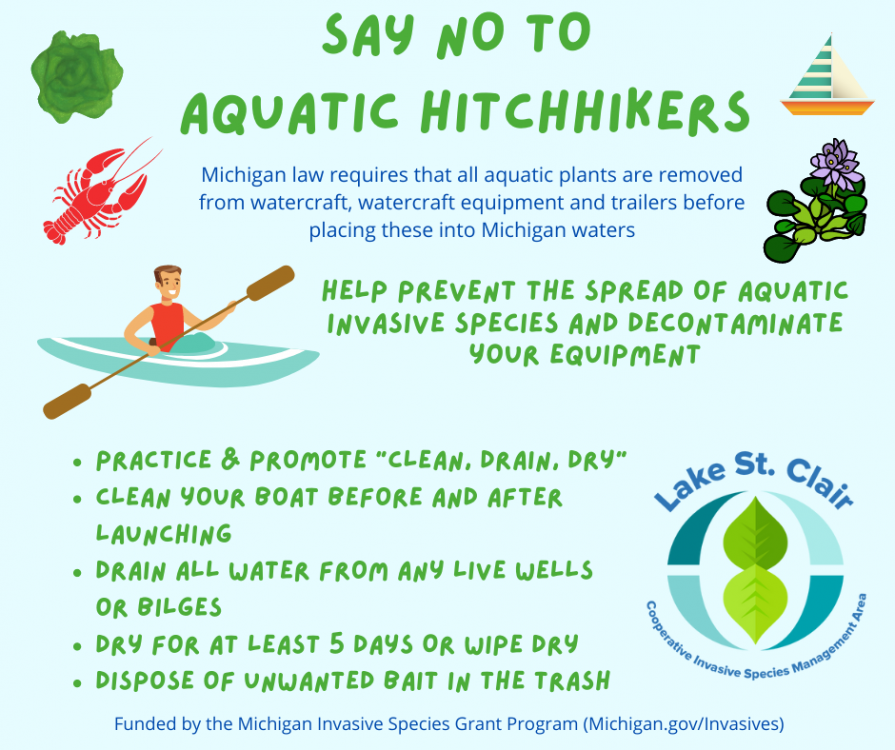
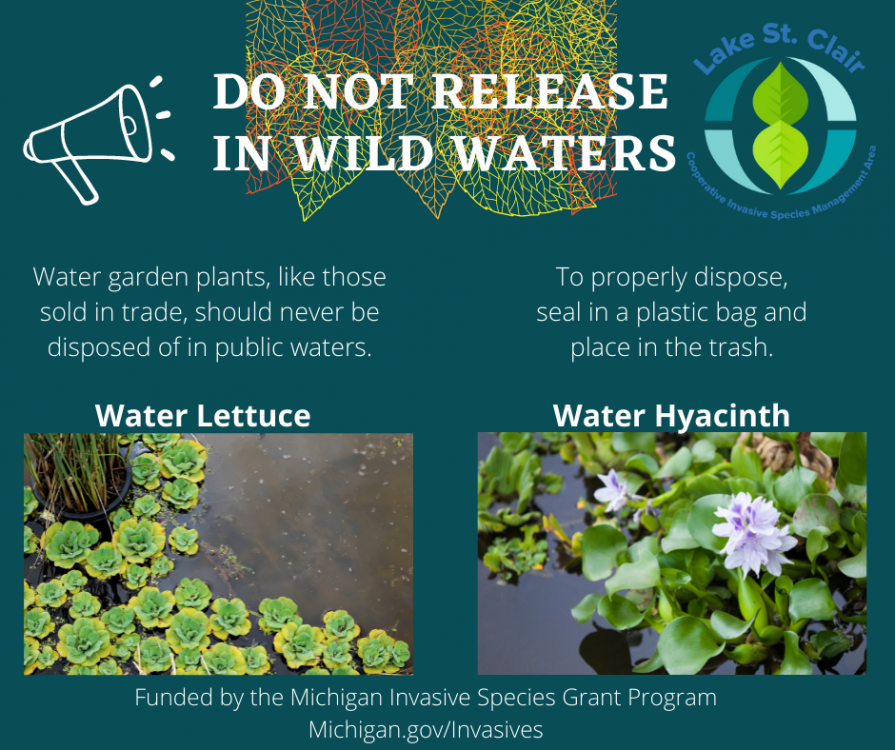


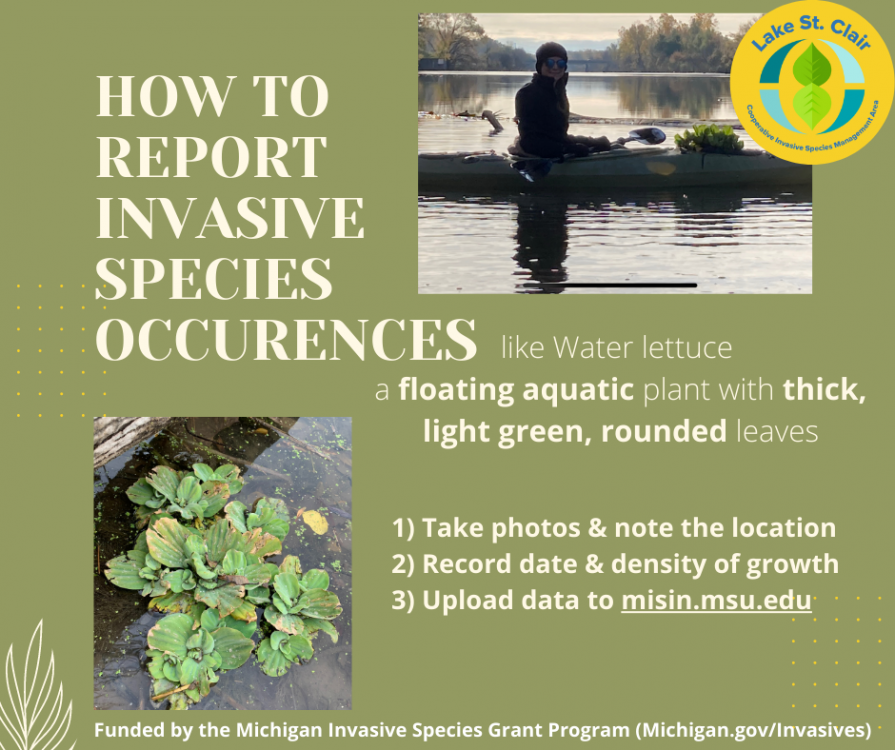
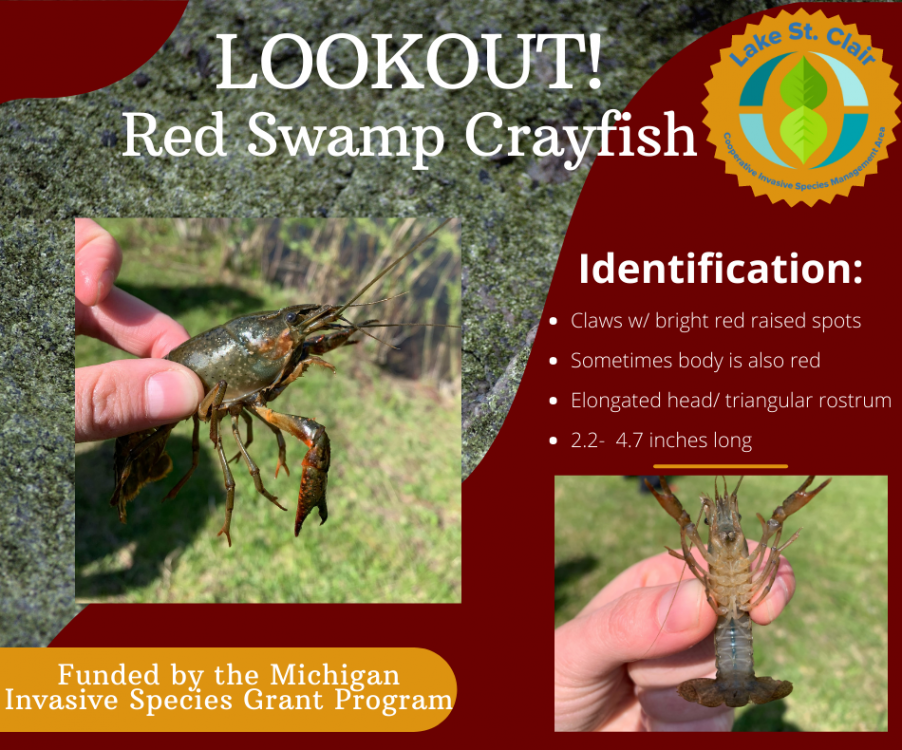
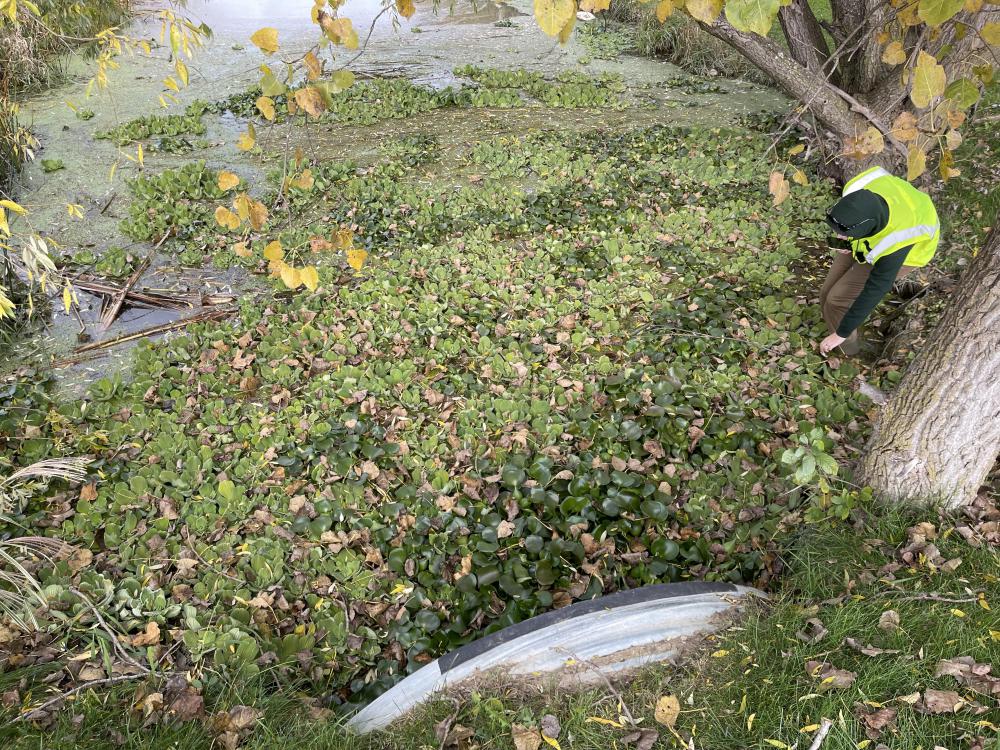
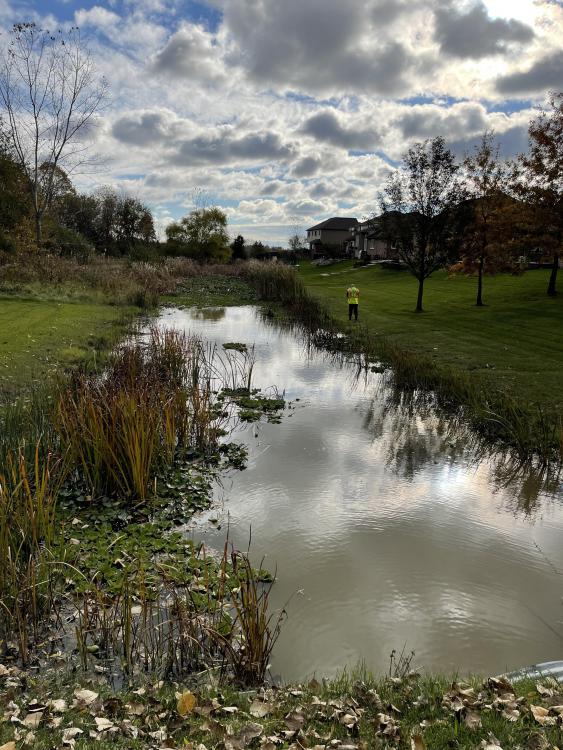
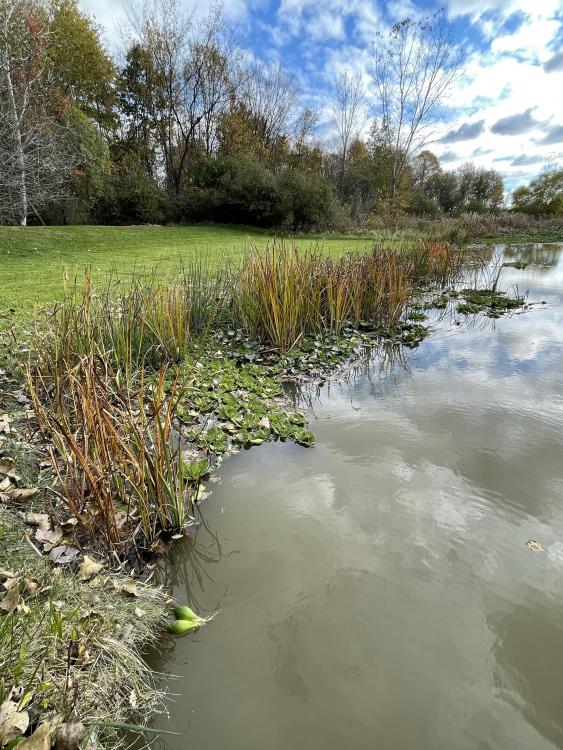
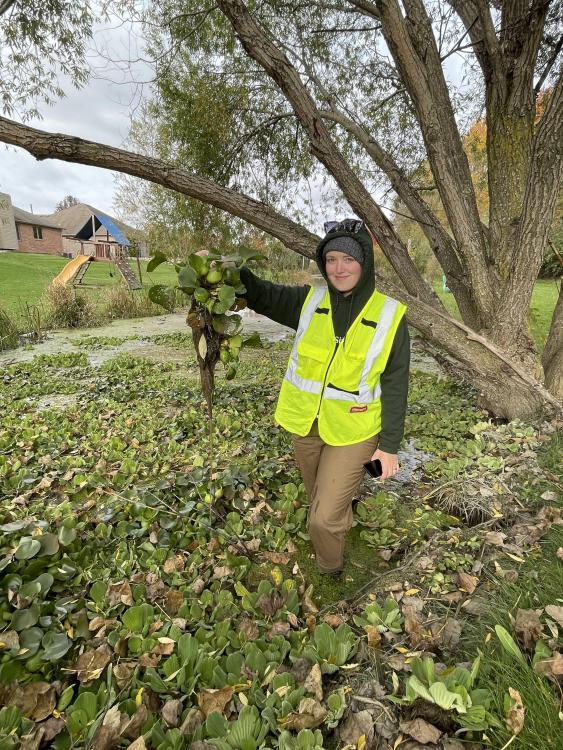
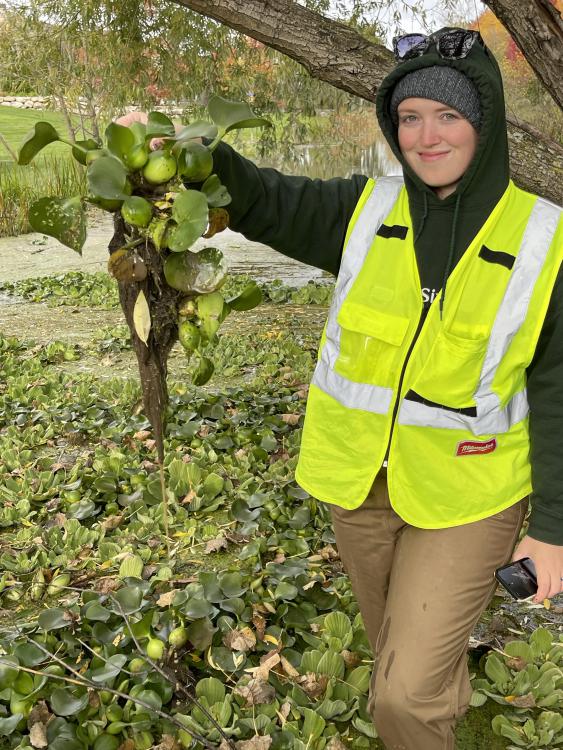
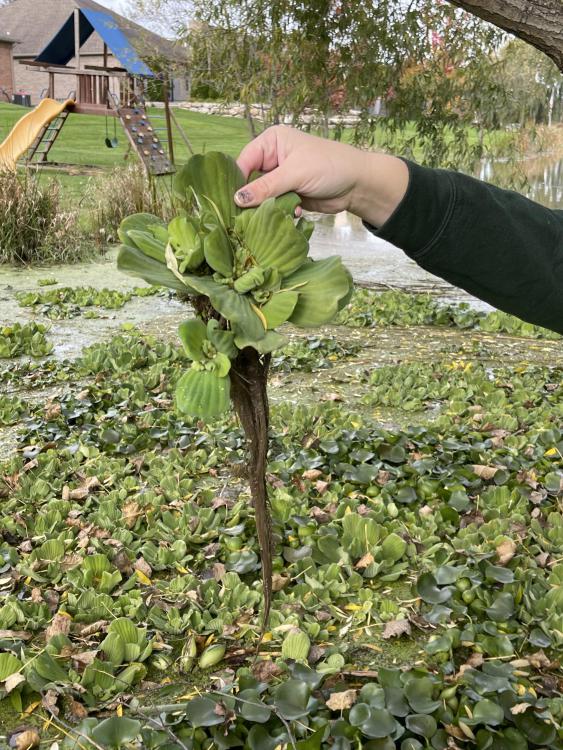
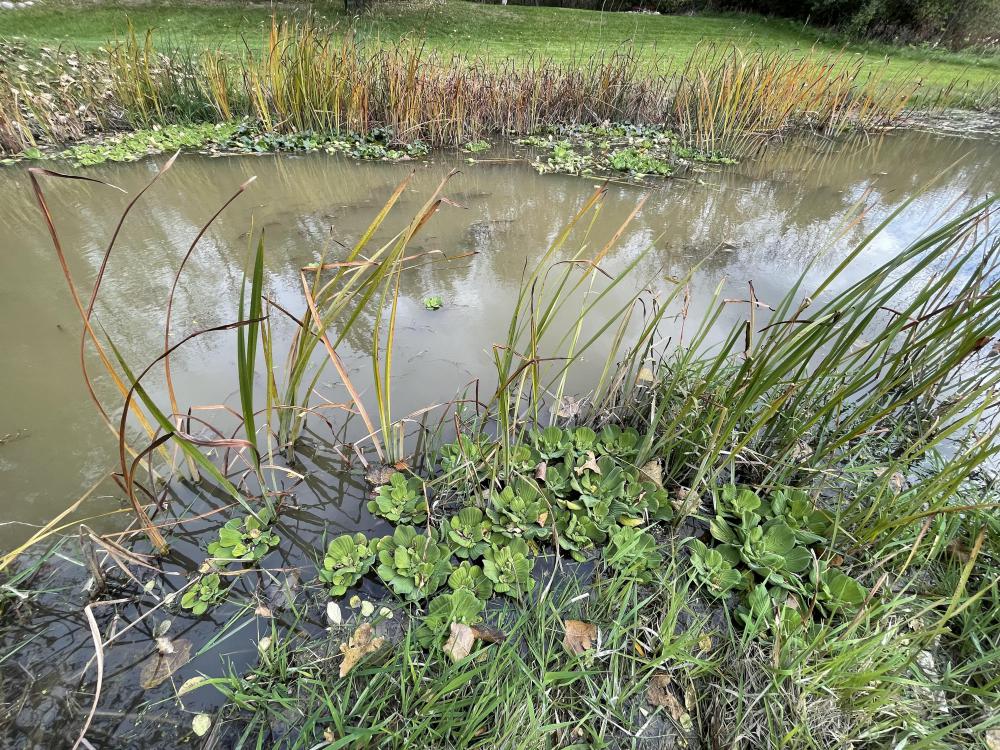
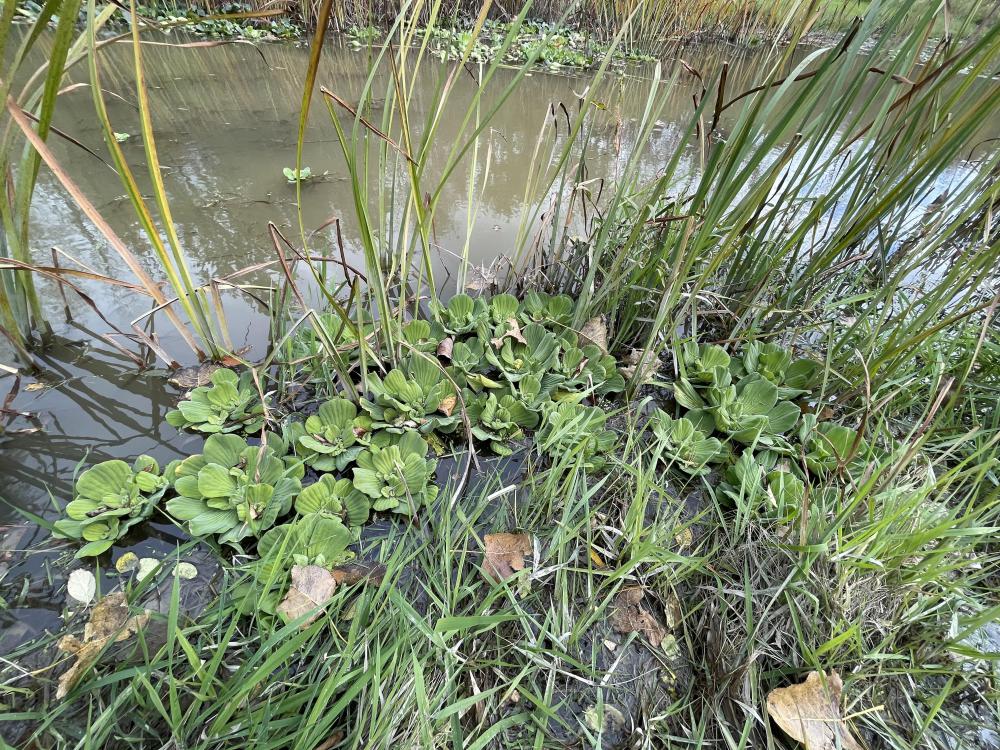
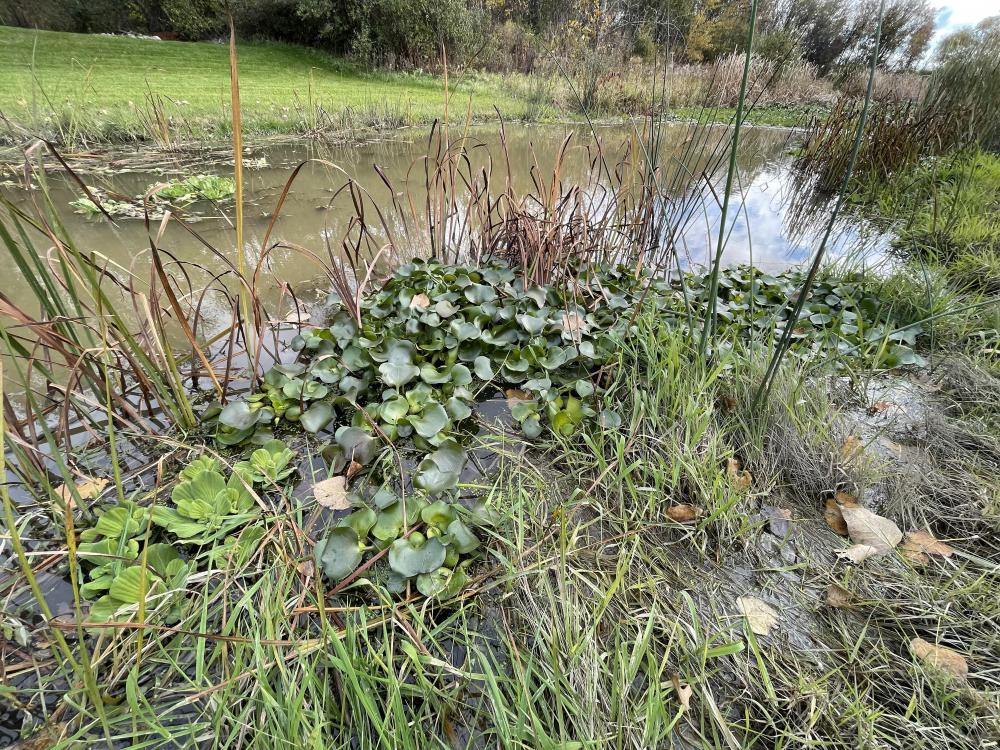
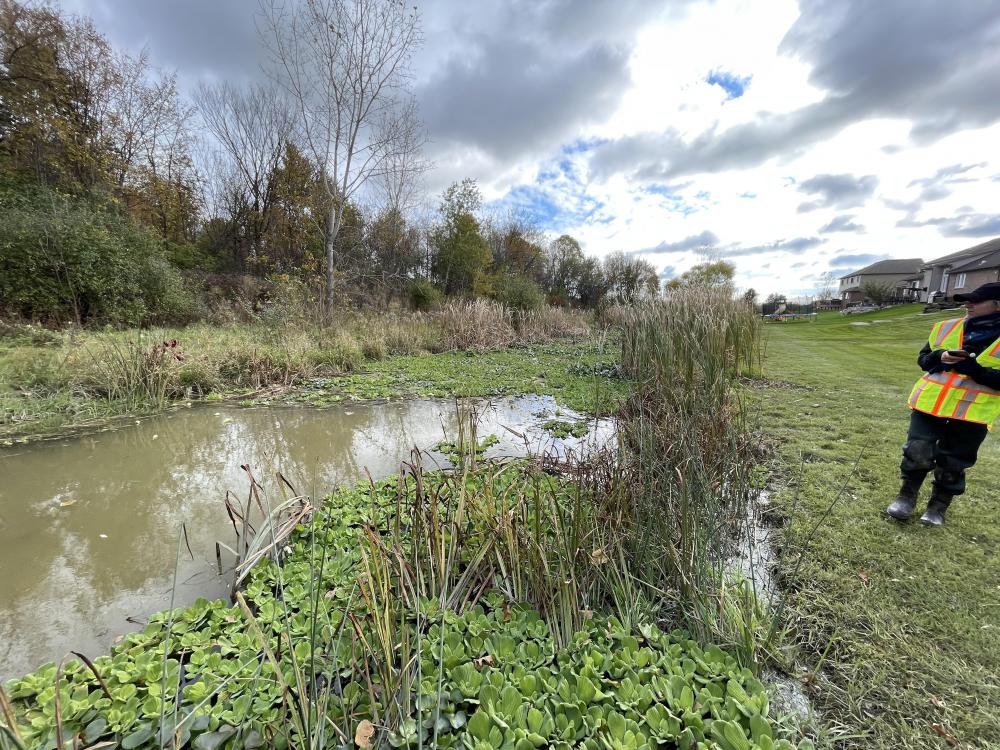
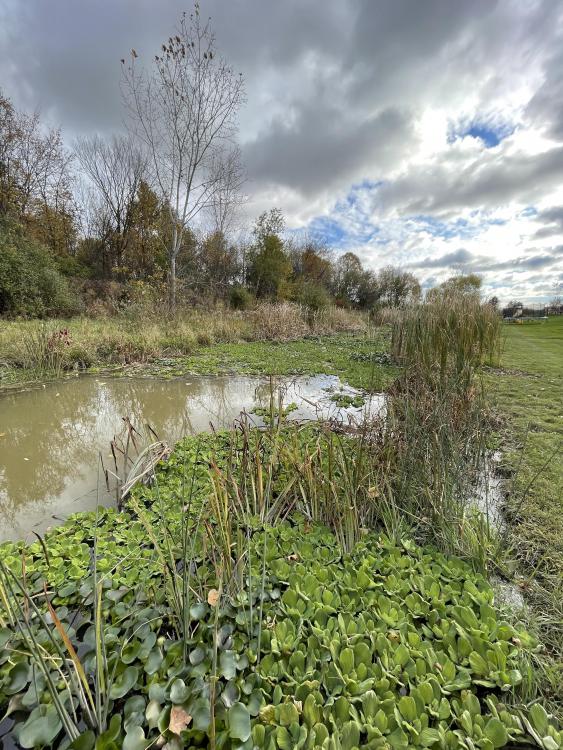
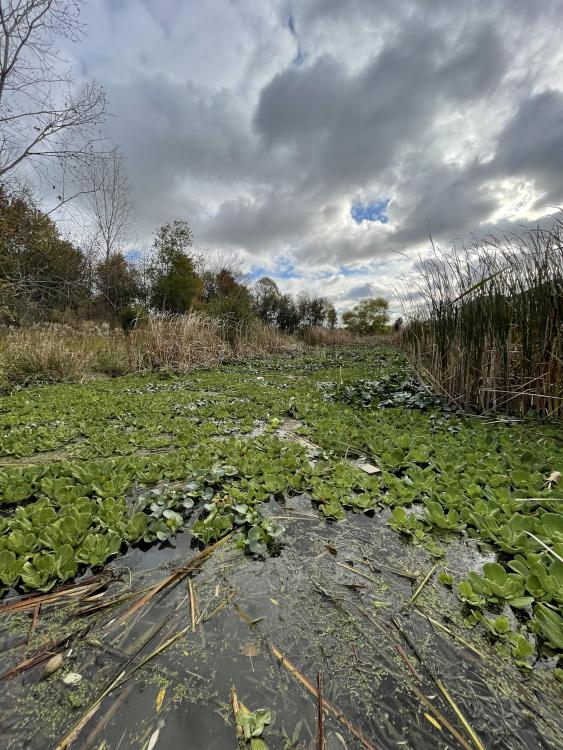
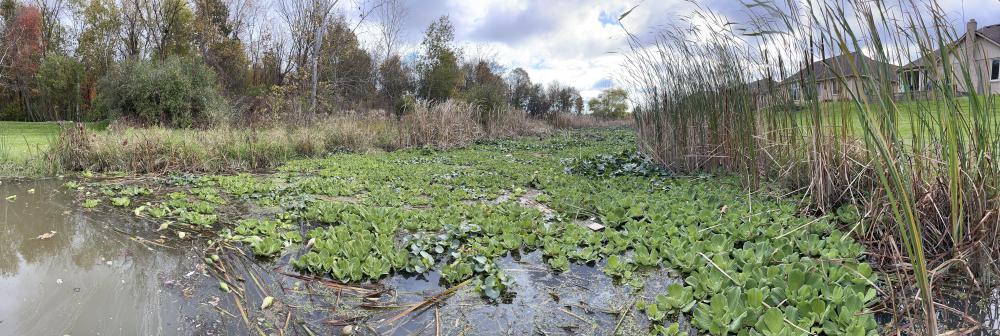
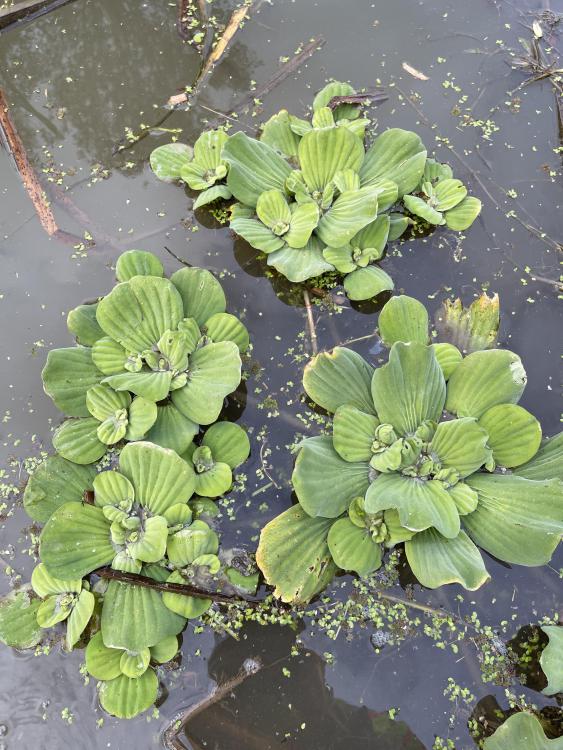
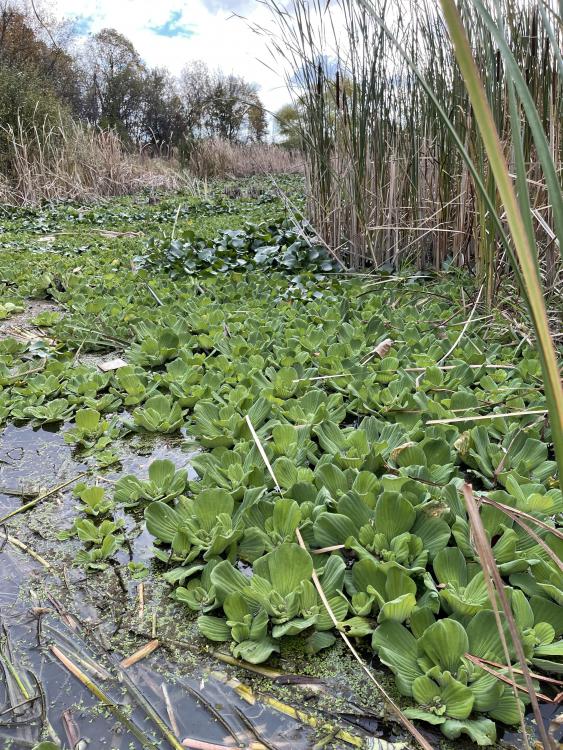
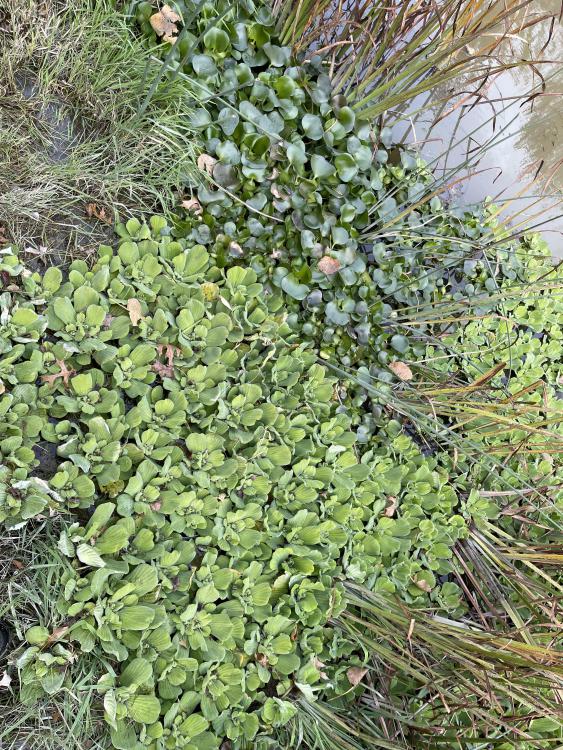
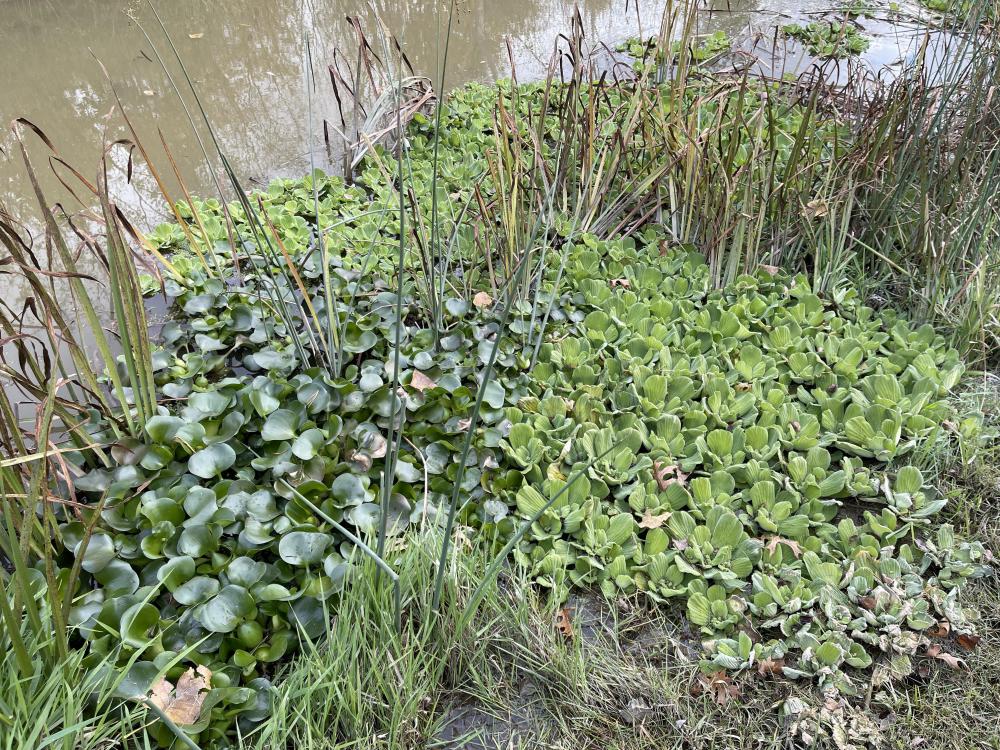
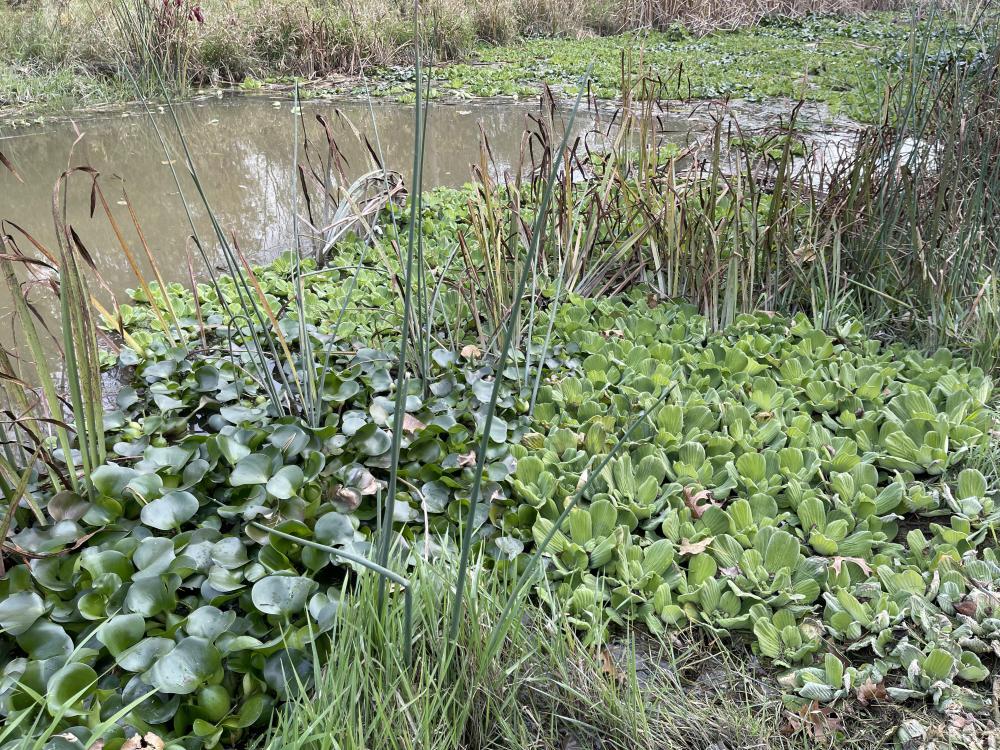
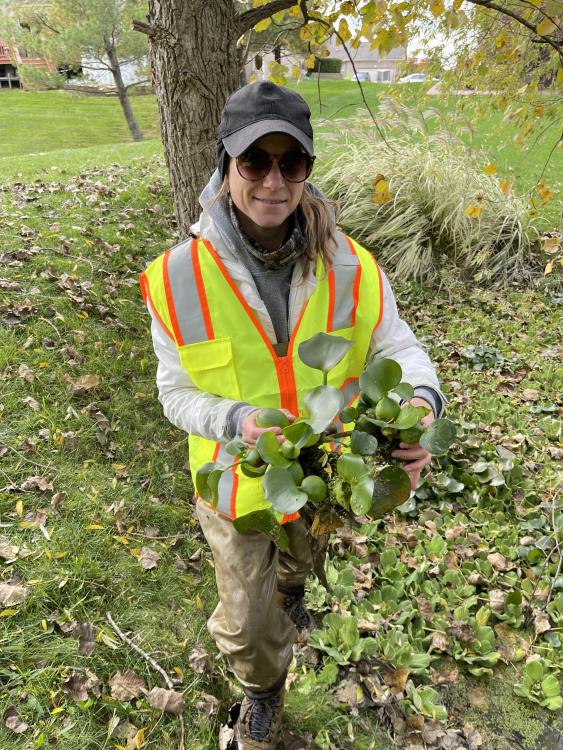
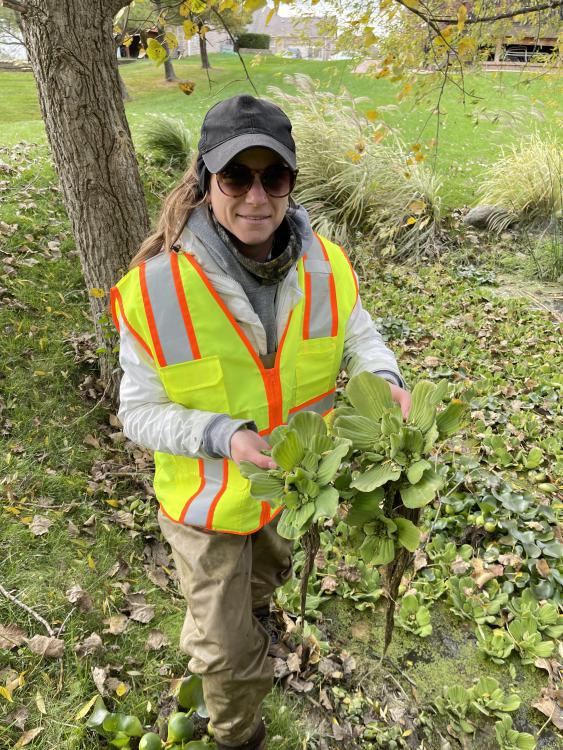
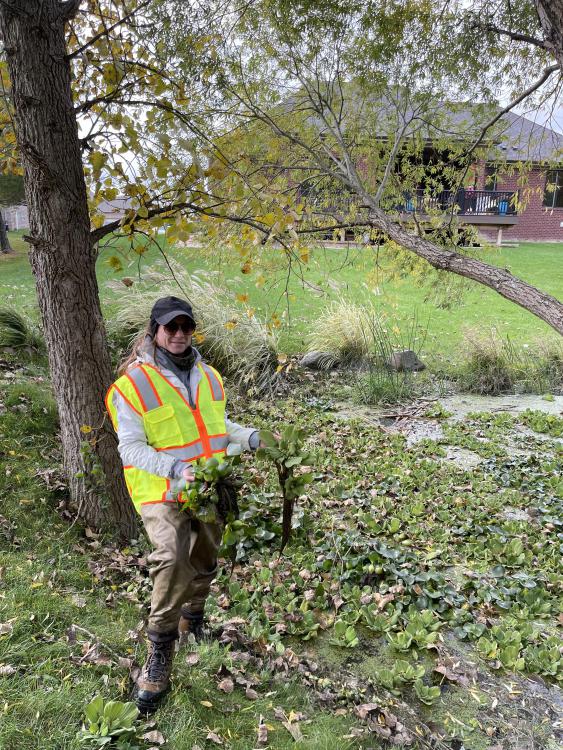
.thumb.jpg.daccd772233696ae414a93bc470cc2e0.jpg)
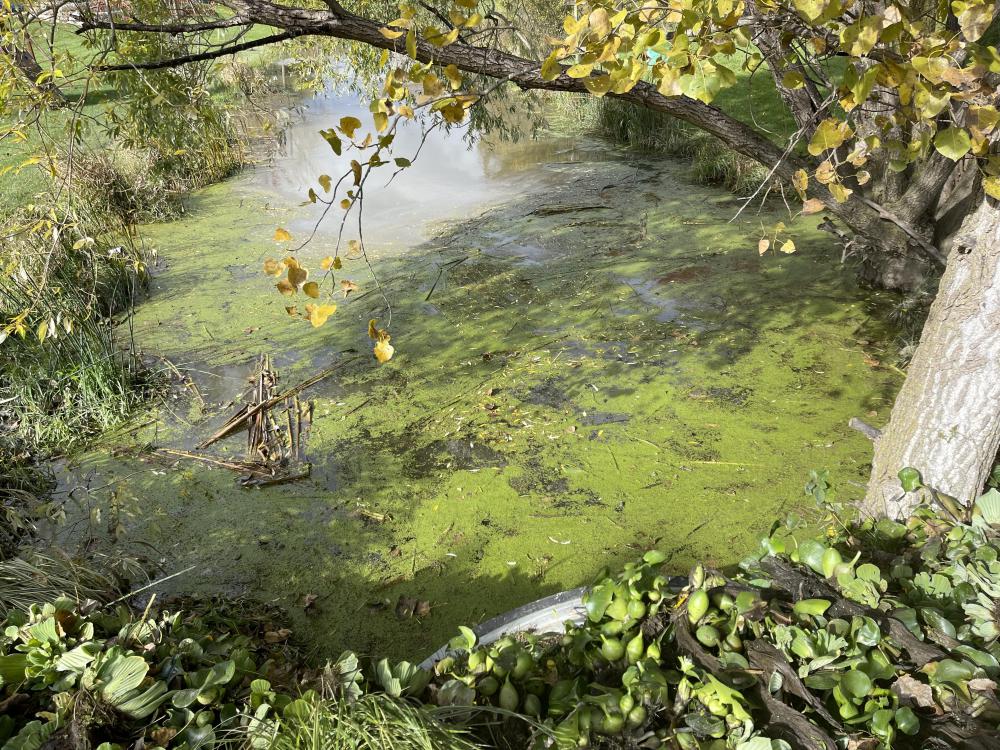
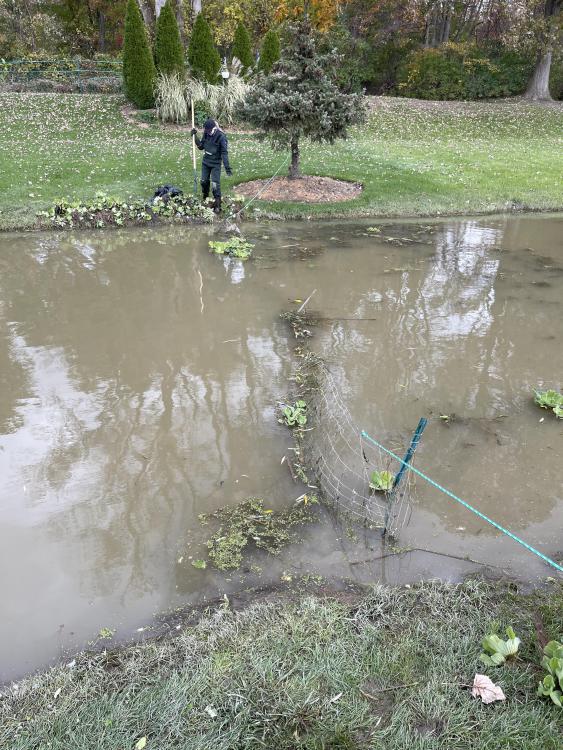
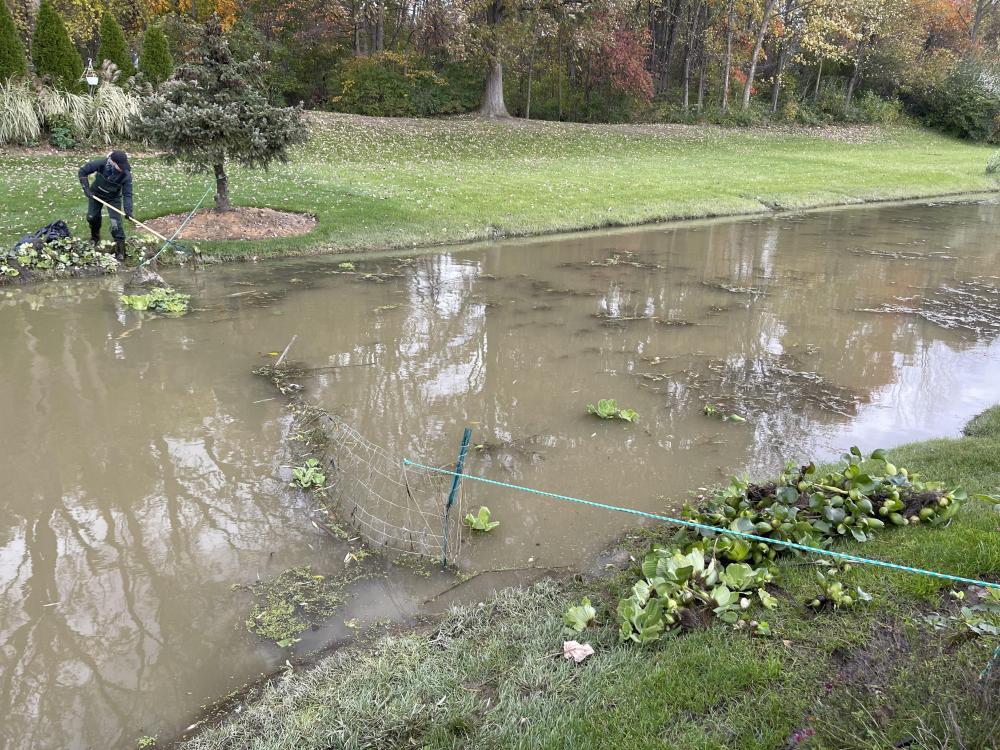
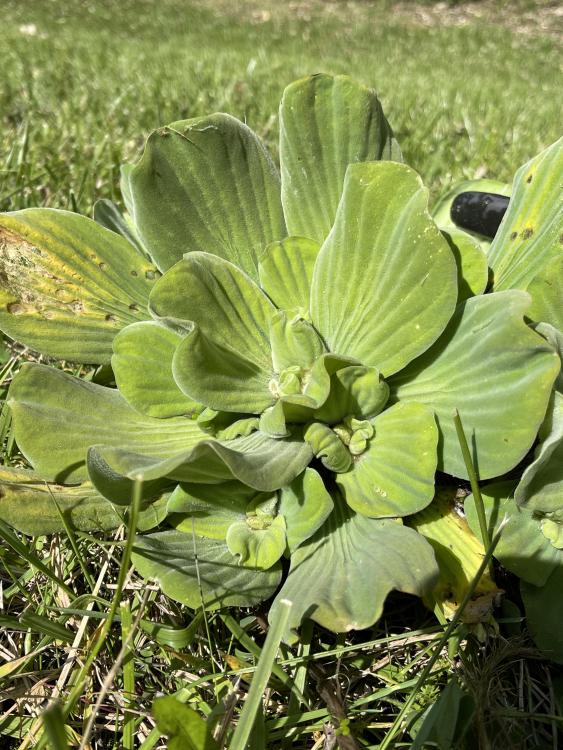
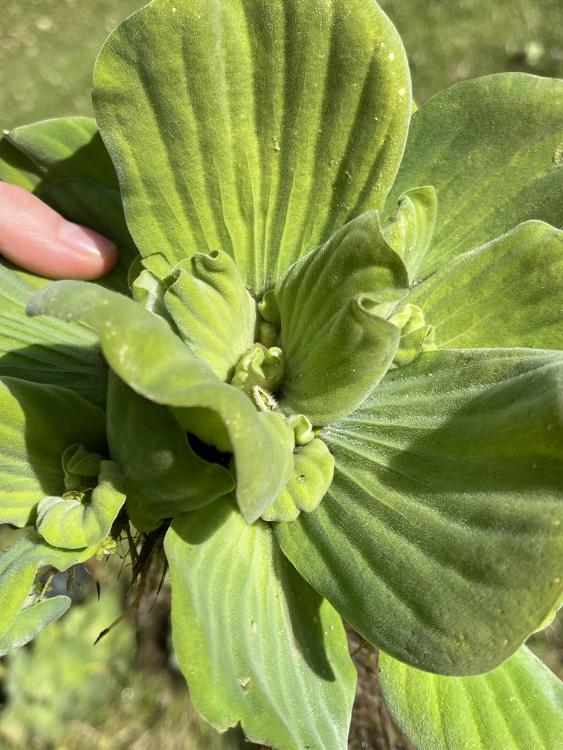
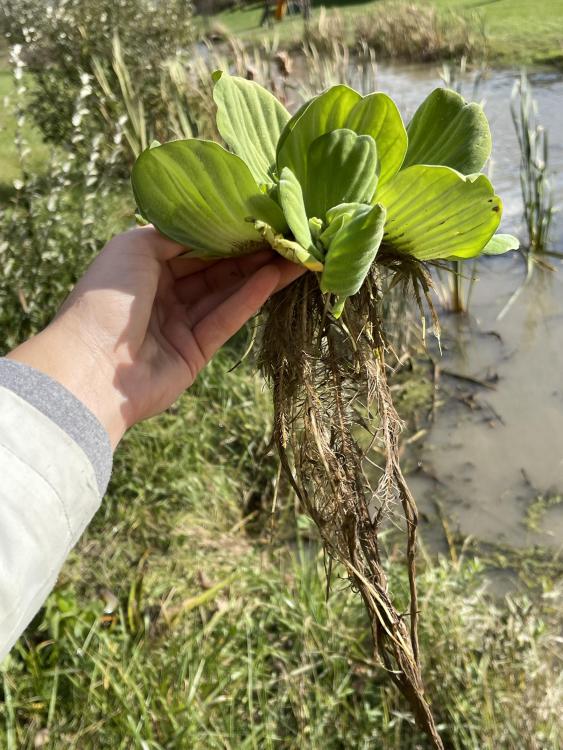
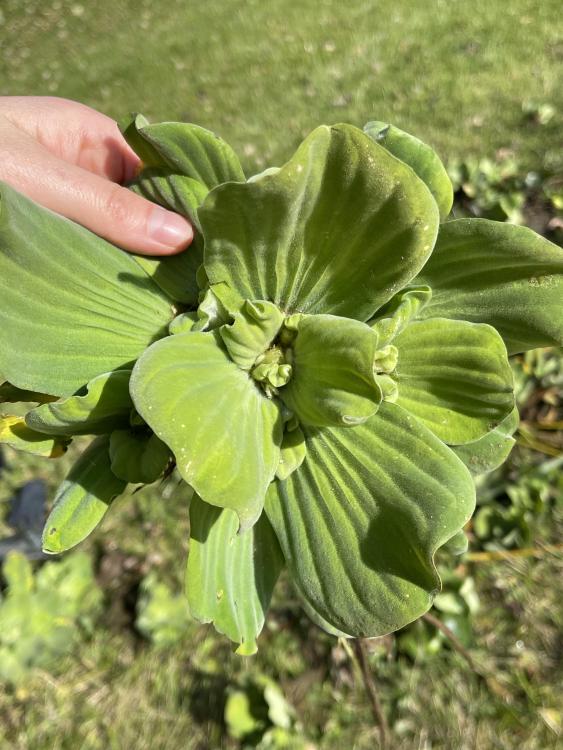
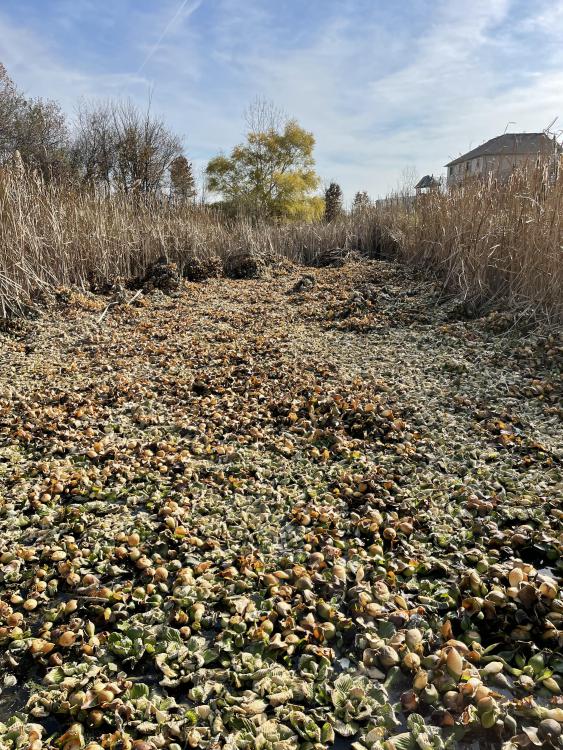
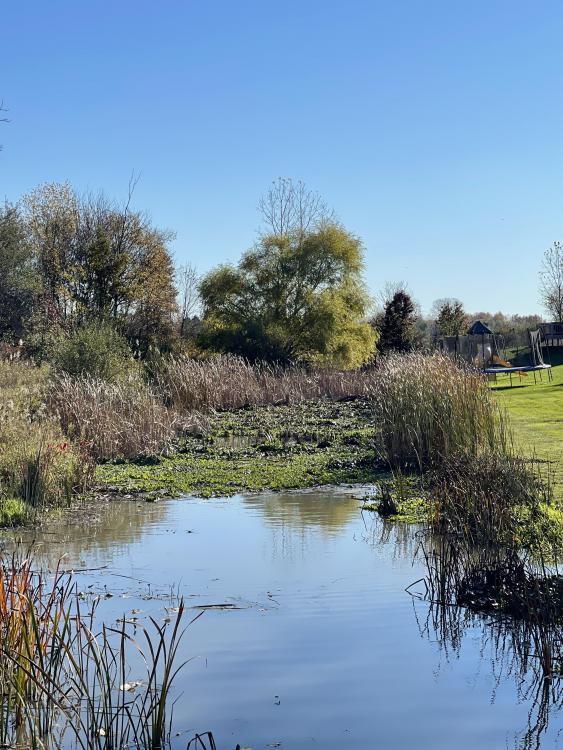
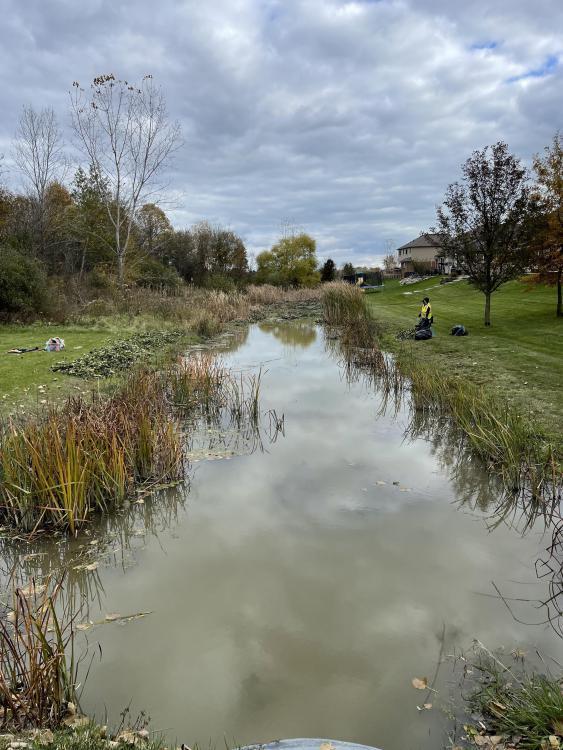
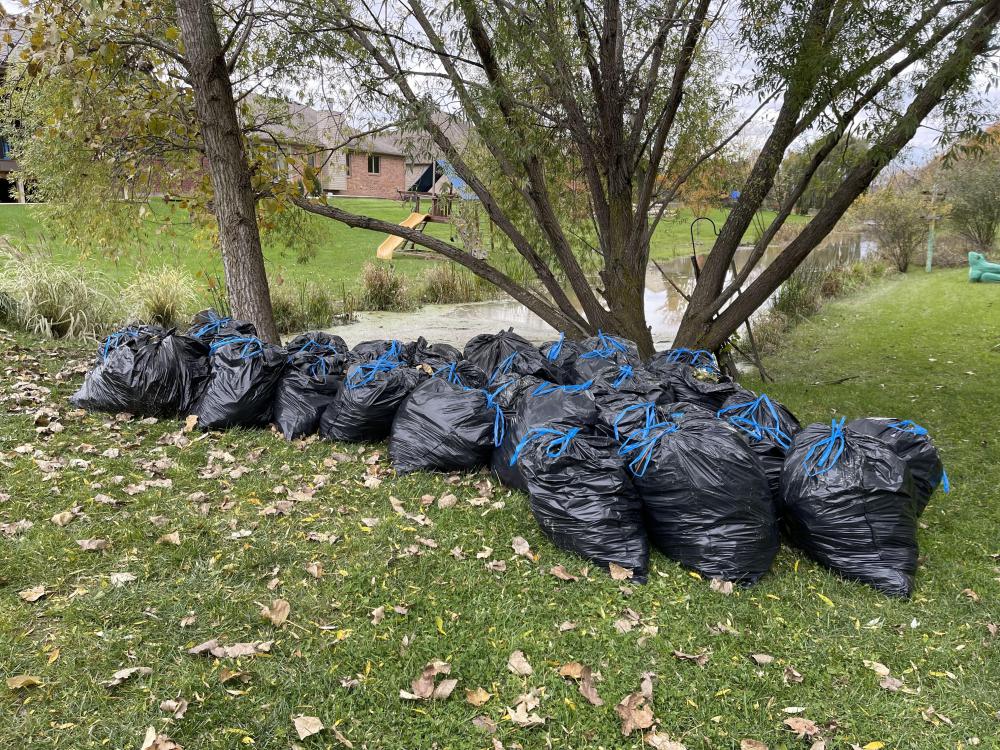
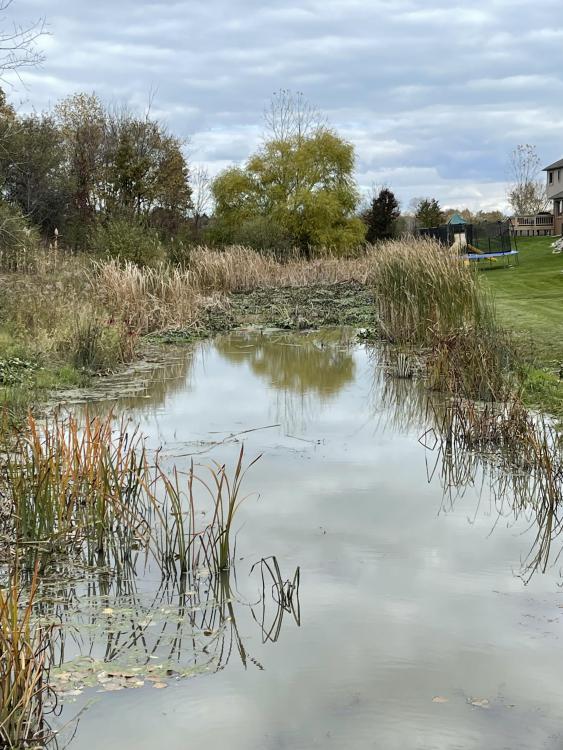
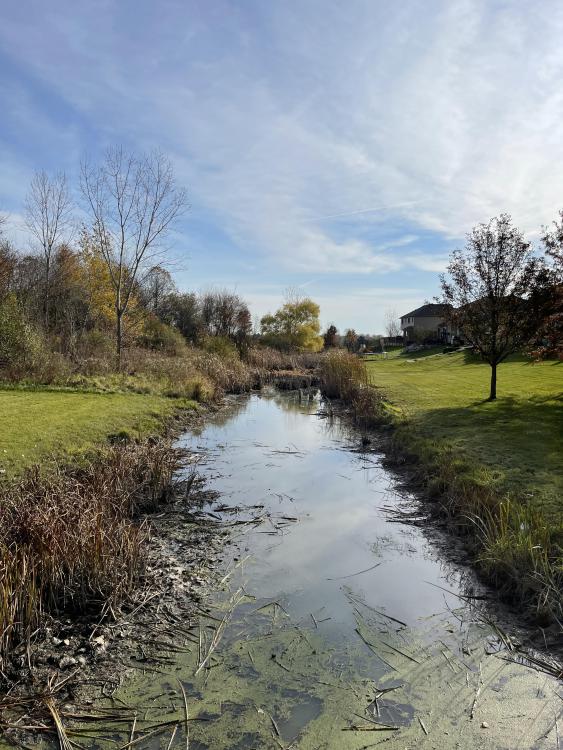
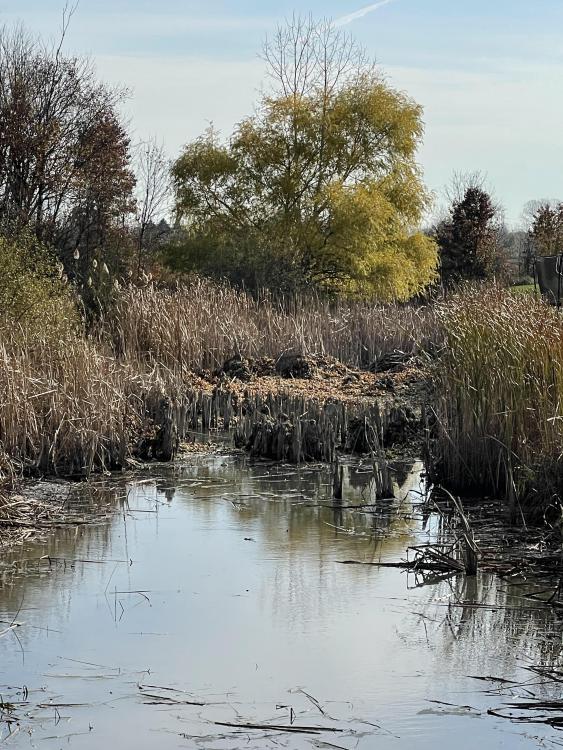
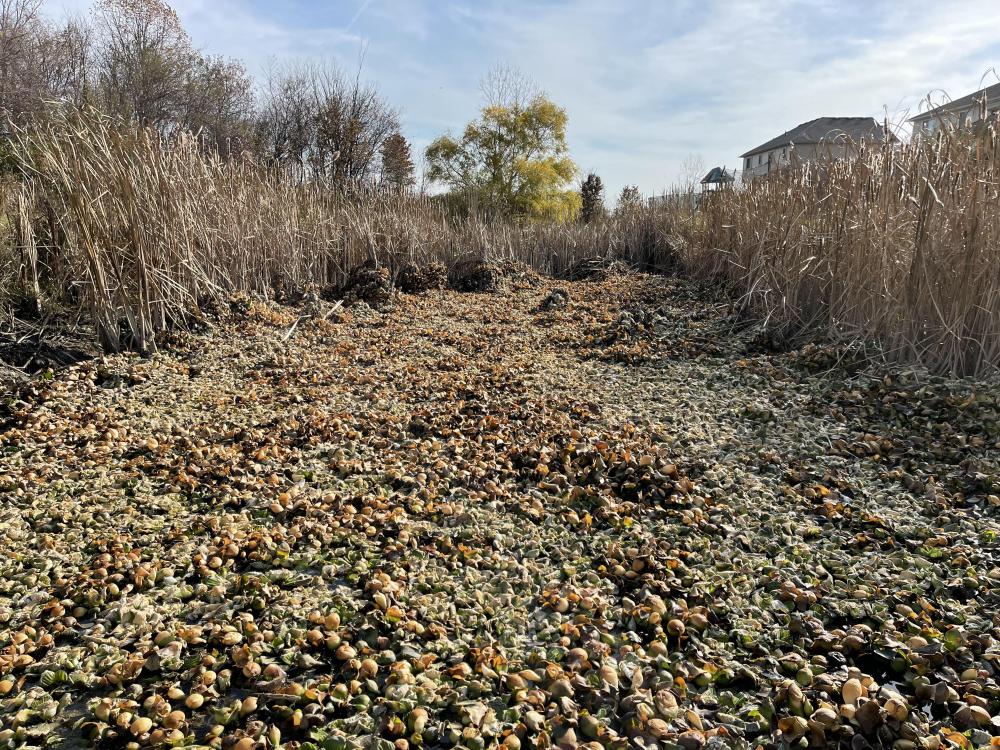
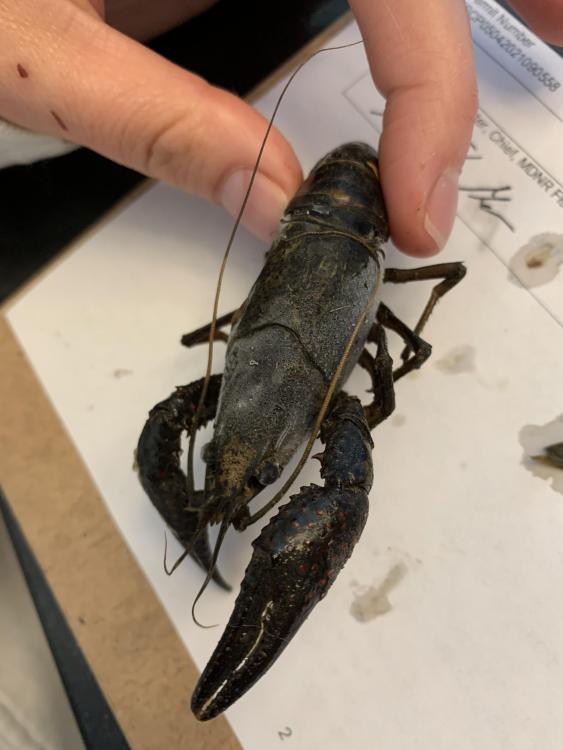
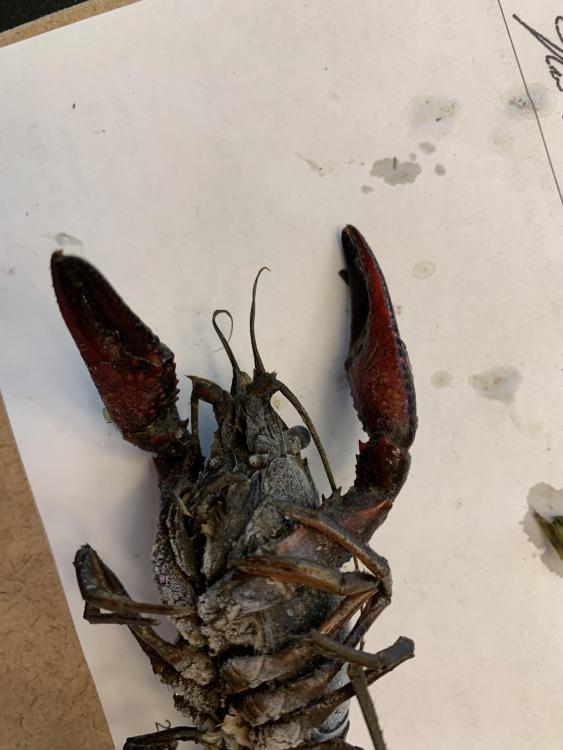
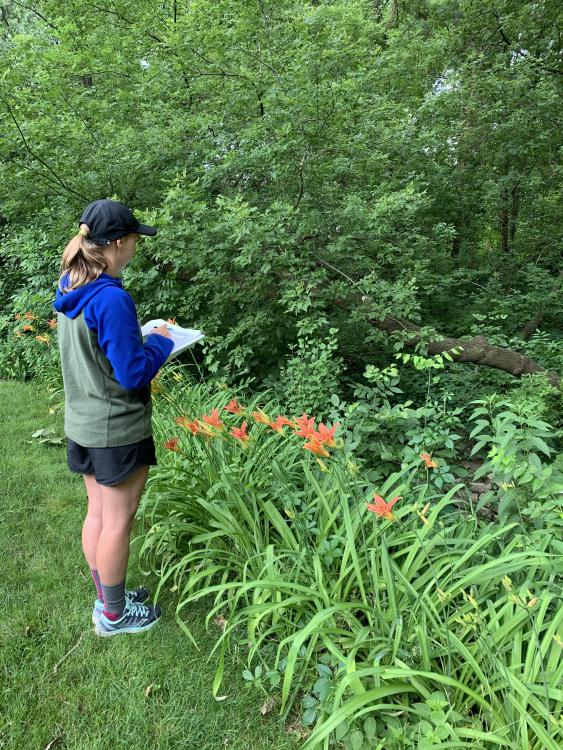
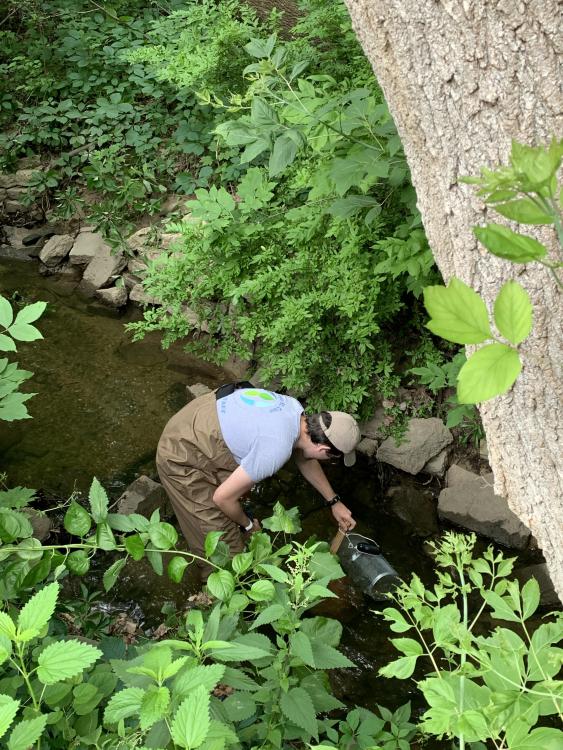
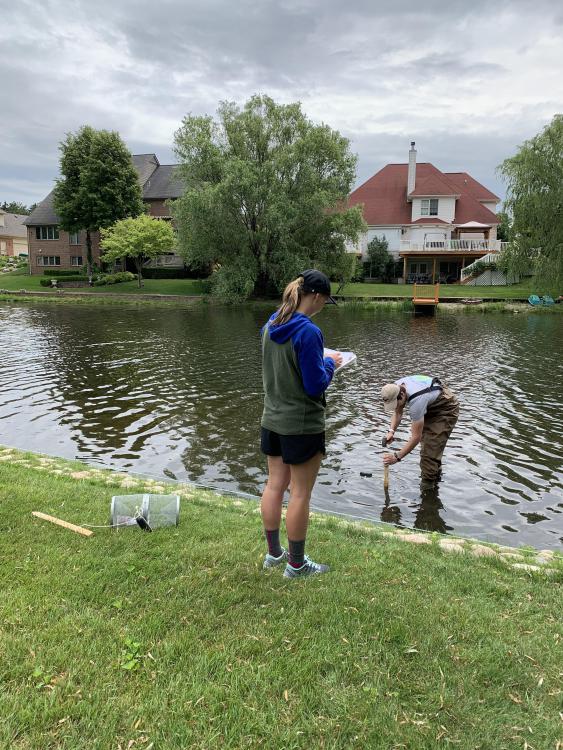
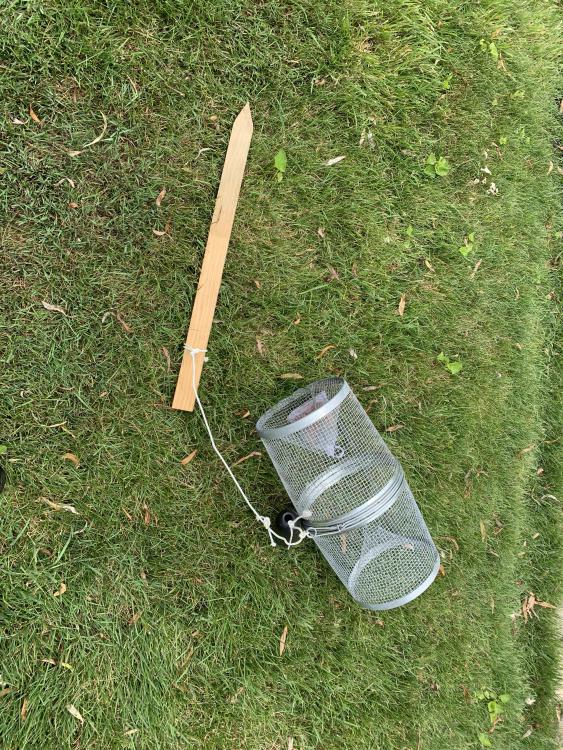
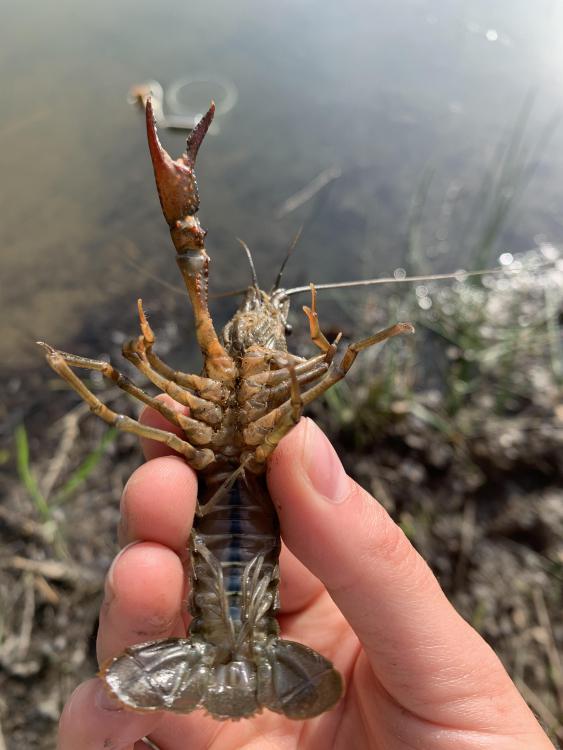
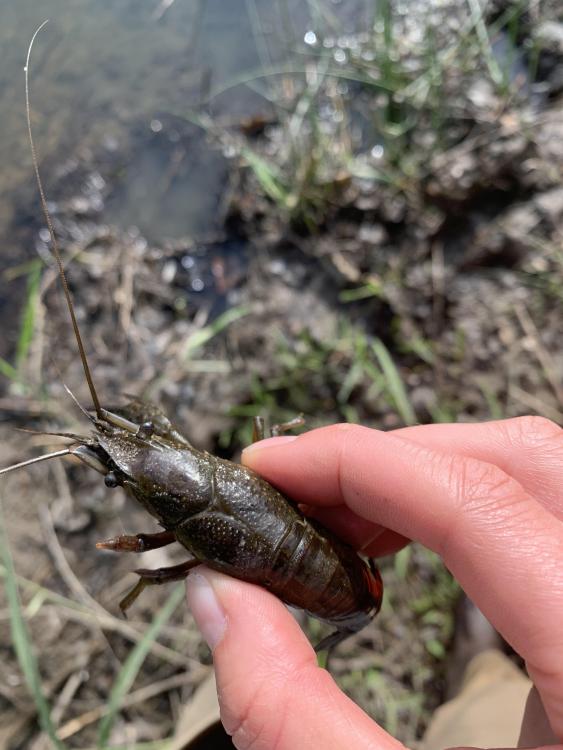
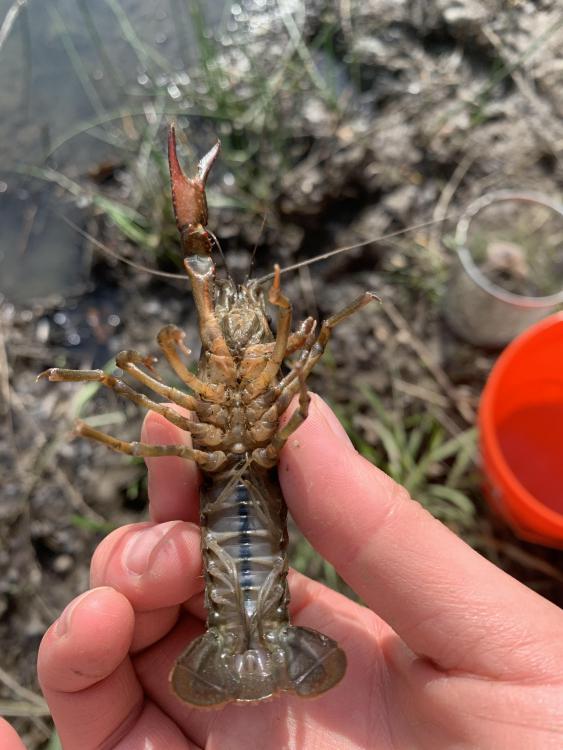
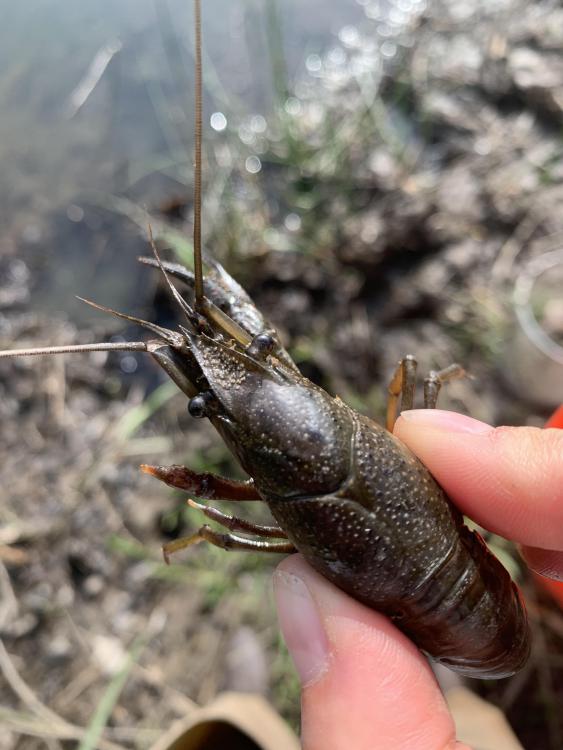
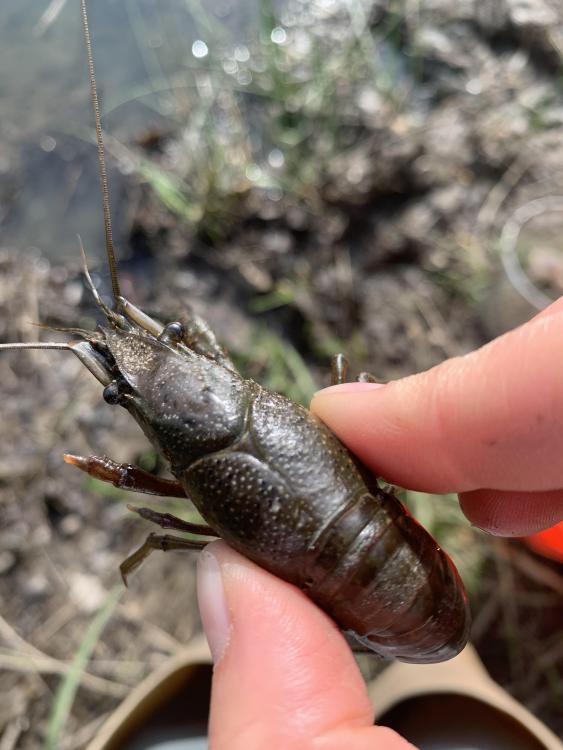
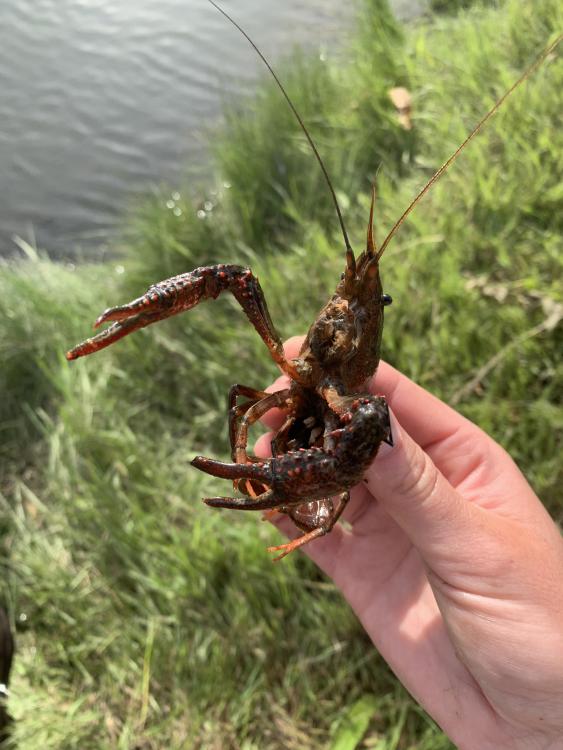
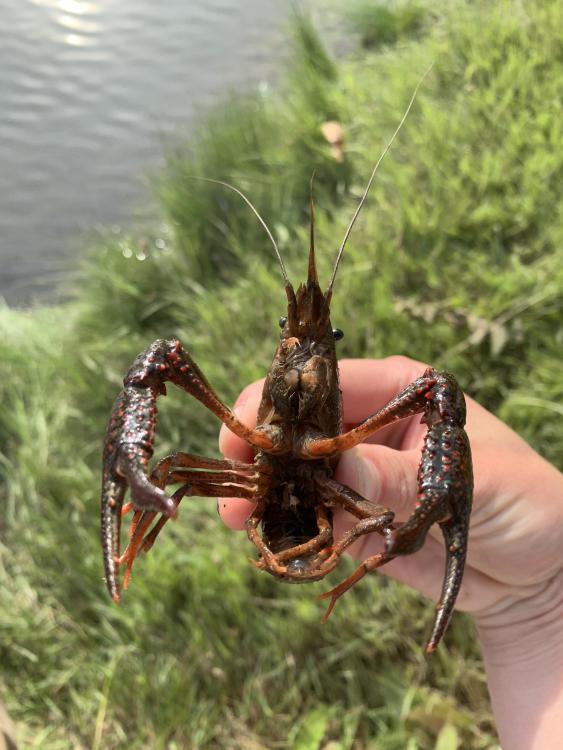
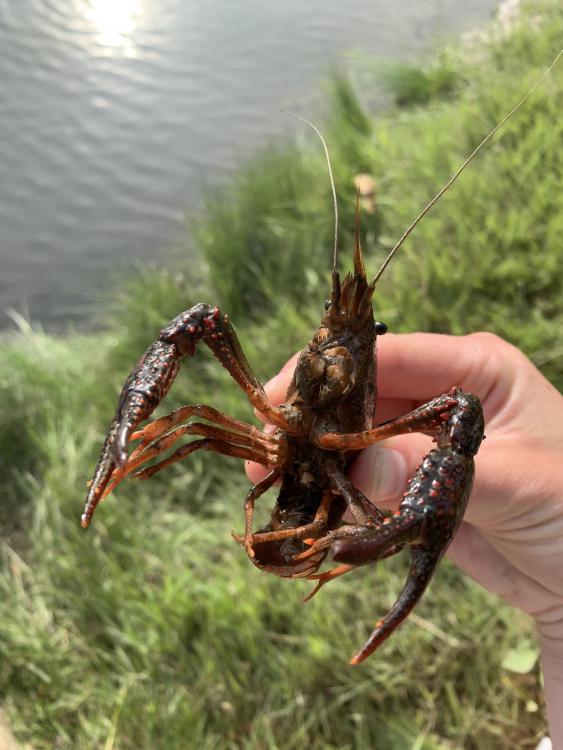
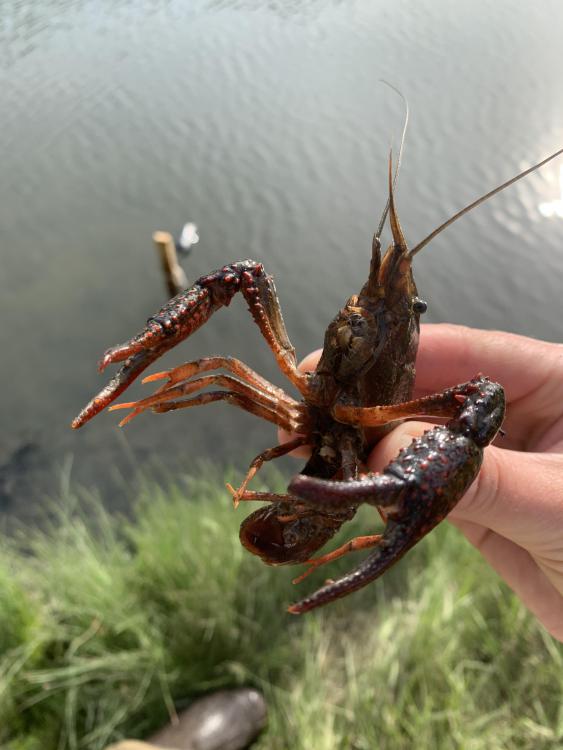
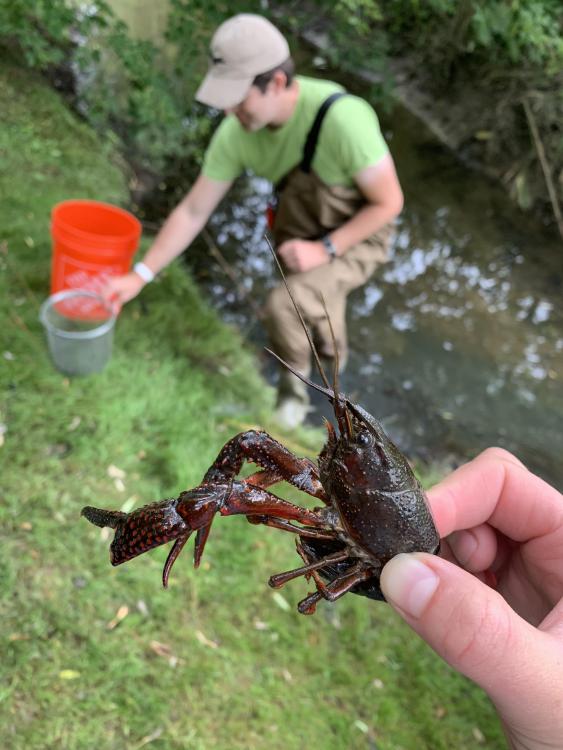
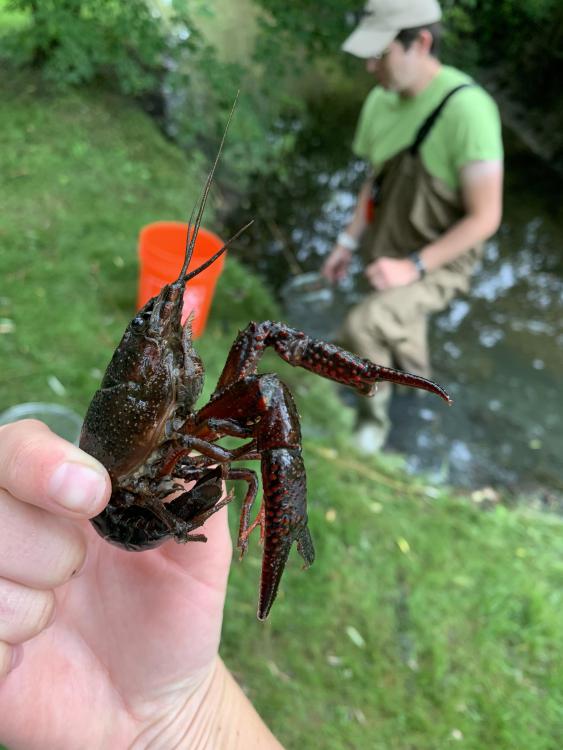
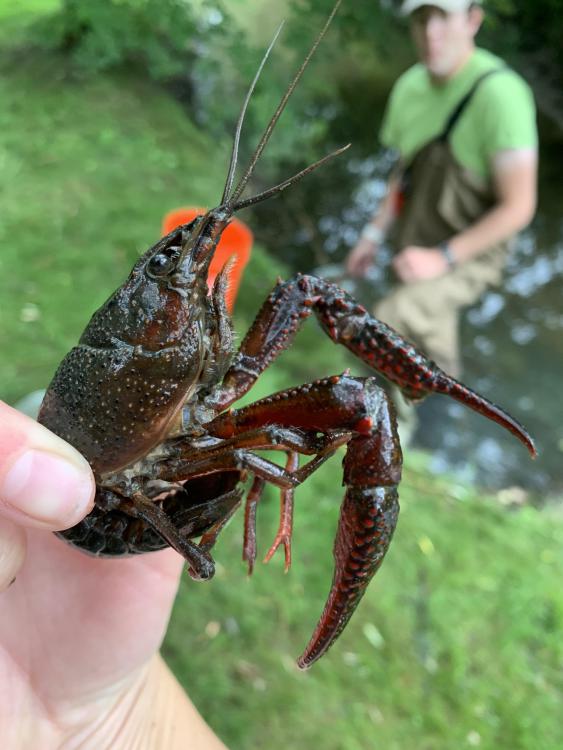
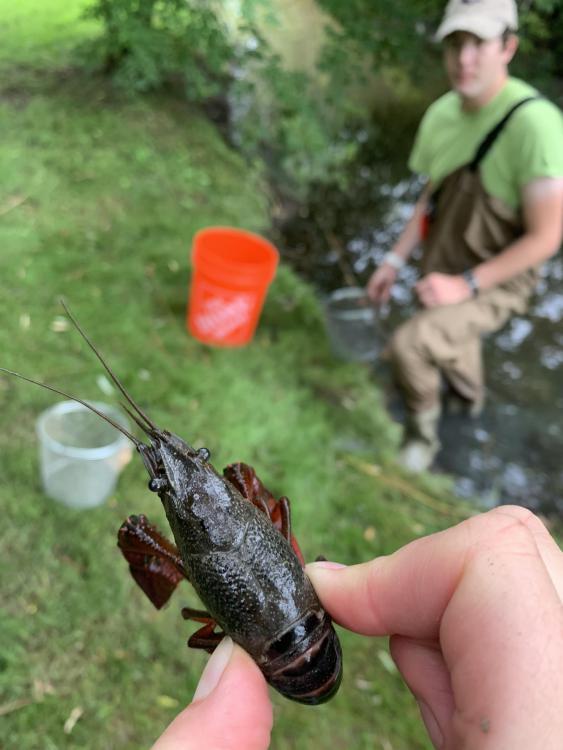
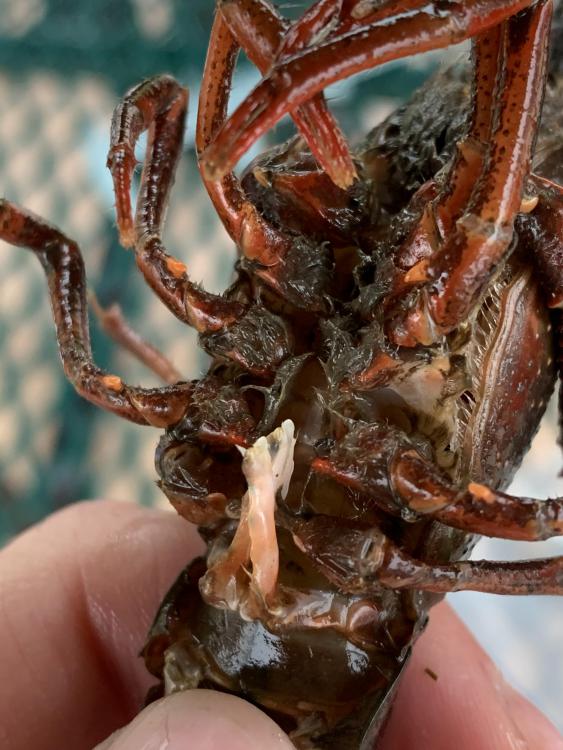
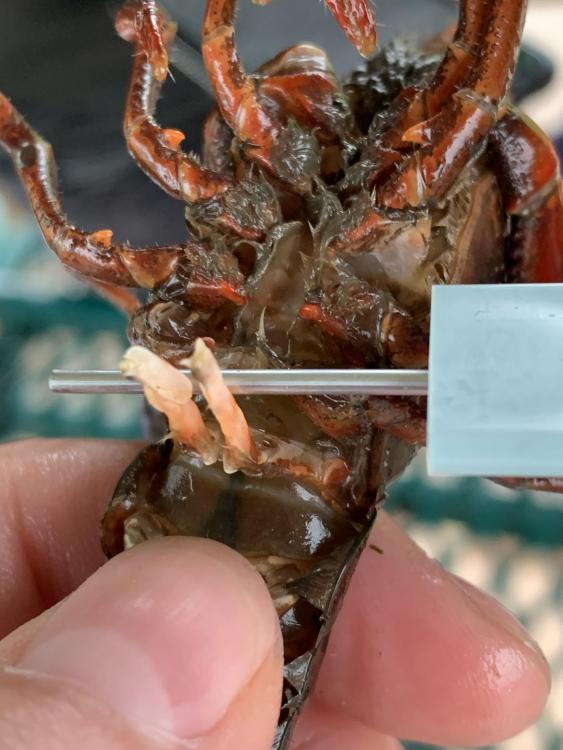
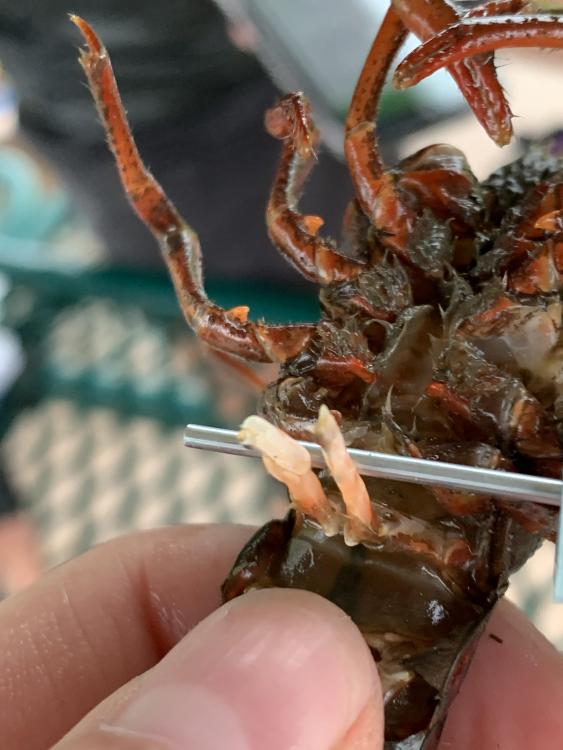
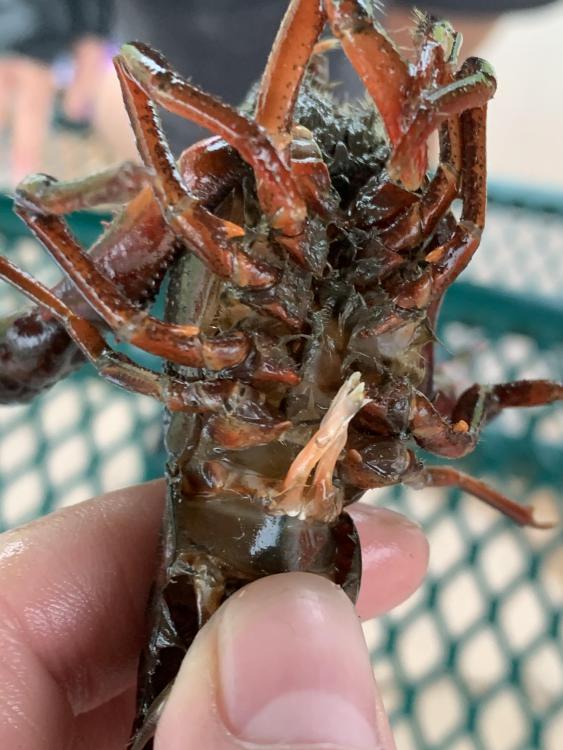
Social Media Outreach - Templates & Examples
in Lake St. Clair Cooperative Invasive Species Management Area
Posted
Attached are files containing social media outreach focused on invasive species and other environmental topics. Most of the templates are available on Canva. If you are interested in using / editing any of the designs, feel free to contact us!
All of these materials were created between Oct. 1 2021 - Feb. 1 2022 using MISGP funding.
BittersweetFactSheet.pdf